Subversive with a Sharp Pen
Michael Munk ’56
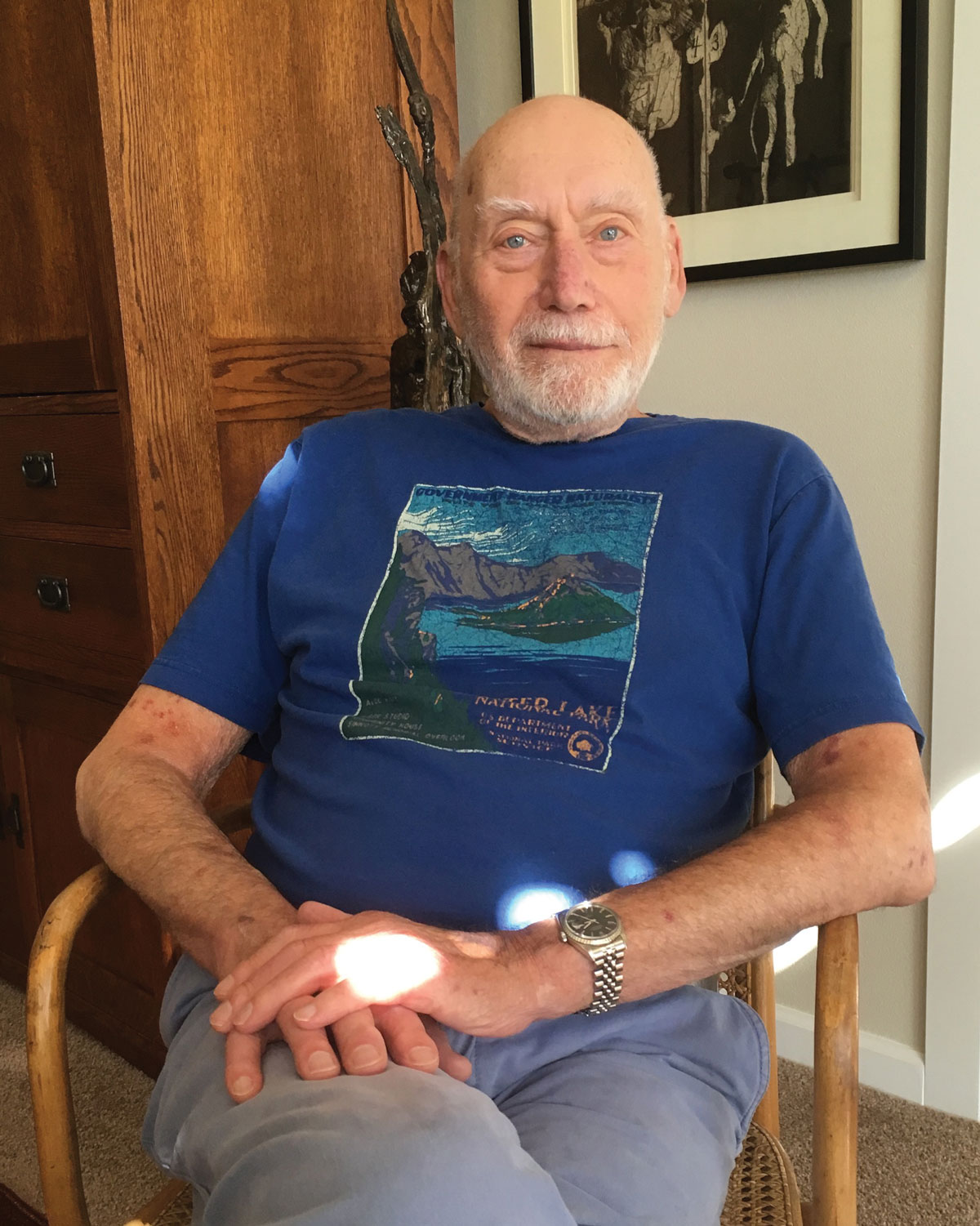
The week of July 20th, 2021, in Portland.
Historian, journalist, political scientist, and union organizer, Mike led the life of a radical, fighting for social justice in domains both vast and tiny. It was an epiphany he had at Reed that set him on his lifetime quest.
He was born in 1934 in Prague, Czechoslovakia, where he lived with his younger sister, Suzanne, and his parents, Frank and Nadia. Mike’s father, Prof. Frank Munk [political science 1939–65], managed a chain of department stores in Czechoslovakia and was a member of the Czech National Socialist Party. Soon after German troops invaded the country in 1939, a Czech secret service agent came to Frank’s office and said, “I want to show you a paper.” It was a Gestapo arrest list with Frank’s name near the top. The family escaped Czechoslovakia and came to Portland, where Prof. Arthur Scott [chemistry 1923–79], who was married to Mike’s aunt Vera, helped Frank secure a position as a lecturer in economics at Reed.
Mike came to the U.S. not knowing any English, but remembered one day in kindergarten at Duniway School, when he suddenly understood every word in the song “Old MacDonald Had a Farm.” He grew up pedaling his bike around campus near the family’s home on Woodstock Boulevard and learning to swim in the old outdoor pool.
Frank Munk left Reed after two years to accept a position at UC Berkeley. Wartime in the Bay Area impacted Mike as a child. His father was a neighborhood air raid warden, and Mike attended rallies in Golden Gate Park, where Frank gave speeches for Russian war relief. The Russians would eventually liberate Prague. In 1944, Frank became director of training for the United Nations Relief and Rehabilitation Administration in Washington, D.C., and moved his family to nearby College Park, Maryland, where Mike experienced his first conscious brush with anti-Semitism and racism. Many in Maryland were nostalgic for a Confederacy they had never joined. When he was 10 or 11 years old, Mike was on a walk with his mother and came across a sign for a new housing development that said “Gentiles Only.”
“I didn’t know what that meant and pointed it out to my mother, who was absolutely shocked,” he recalled. “She picked up a really heavy rock and threw it against the sign with enough force to knock it down. It remains among the strongest memories of my life. Her explanation was something like, ‘That’s a really evil business there.’” It would be many more years before Mike realized his father was Jewish.
In 1946, Frank returned to Reed to teach. Mike graduated from Lincoln High School, took a job on the assembly line at the Pacific Car and Foundry Company in Renton, Washington, and started at Reed in the fall. He began as a chemistry major, but put off by the exponential functions in Prof. Louise Rosenbaum’s [math 1940–53] class, he switched to political science. The fall student body election pitted a Portland chemistry major, Al Levinson ’54, against an international student, Carlos Ogimi ’54, who was known as a leftist. Mike was impressed with Al’s campaign slogan: “Do you want a Reed diploma to be more than an automatic listing on the attorney general’s list of subversive organizations?”
A fellow Czech native who had escaped to Palestine, Gad Levy ’54, challenged Mike. Which of the two candidates, he asked, was more articulate and knowledgeable, and thus, a better representative for Reed students? When Mike agreed that Carlos would be better, Gad told him he shouldn’t be afraid to act on his belief.
“I suddenly realized that I had absorbed so much of the McCarthy-era atmosphere that I was intimidated from following my own preference,” Mike said. “That was an epiphany of sorts.”
He began paying more attention to politics and got involved in Focus, a successor to previous leftist student clubs at Reed, which invited speakers to campus, organized debates, and circulated petitions for leftist causes like nuclear disarmament and defense of civil liberties. Mike wrote for the Inquest, a student-run newspaper that took on campus issues. He circulated petitions, urging students to join picket lines for various causes off campus. Their reluctance to become involved indicated to Mike that they were deeply intimidated by McCarthyism.
“Academically, McCarthyism taught us to avoid the dreaded ‘value judgment,’ expressing an opinion based on personal values,” he said, “It all came down to a phrase I remember Reedies declaring much too often: ‘It’s not smart to be political these days.’”
Mike was on a picket line in San Francisco on June 19, 1953, the day Ethel and Julius Rosenberg were electrocuted at Sing Sing Prison in New York, having been convicted of conspiring to pass U.S. atomic secrets to the Soviets.
“That execution made a major impact on me,” Mike said. “I thought it was an act of a proto-fascist regime. I had been meeting all kinds of people, from rarefied academics to union organizers, who had lost jobs or couldn’t get jobs because of their politics. I became rather militant and made a lot of unwelcome noise on campus about all that.”
He became active in the Oregon Young Democrats, campaigned for the election of Senator Richard Neuberger, organized Oregonians against nuclear testing, and participated in serious discussions at the knotty-pine-paneled coffee shop in the basement of the student union.
A course that impacted him greatly was one on public opinion taught by Prof. Maure Goldschmidt ’30 [political science 1935–81]. “It was a full year of what we would call political behavior from an empirical perspective,” Mike remembered. “I took it in my junior year, followed by Maure’s political theory course in my senior year. We surveyed some of the more advanced ideas of the political science profession at the time, and when I began teaching, I frequently used that course as a foundation for my own.”
Goldschmidt advised on Mike’s thesis, “Politics in the Press: A Content Analysis of Portland Press Coverage in the 1954 Oregon Senatorial Campaign.” “I hoped to expose the propaganda that we had an objective press,” Mike said, “so I devised an empirical measure of that. I used advertising agency research about the differential attention given by readers to pages and parts of pages and translated that into a formula to multiply by the column inches the papers devoted to each candidate. With that I was able to demonstrate the validity of my hypothesis. When a summary of my thesis, my first publication, was published by Monroe Sweetland in the Oregon Democrat, almost every newspaper in the state ran an editorial denouncing it.”
Mike became chairman of the Oregon Young Democrats caucus in 1956. “We tried to get them to pass a resolution to urge recognition of China,” he said. “It failed in a very close vote, so the Oregonian reported that Reed students were defeated in their efforts to pass ‘left-wing resolutions.’ My purpose for going into the YDs was to radicalize them. The idea was, let’s see if Young Democrats could do something relevant politically. Could they speak out against McCarthyism? Could they support the recognition of Red China?”
When the radical positions failed, he left the Young Democrats. By the spring of ’58, he was working on his master’s degree at the University of Oregon. After finishing his thesis, he took a trip to San Francisco to visit Erika Zusi ’60, whom he would marry. Having previously worked a summer job as a part-time longshoreman on the Portland waterfront, he stopped in at the ILWU union hall when he got to San Francisco, showed them his white card, and was sent to a warehouse job in the city.
“I learned a lot about working-class radicalism working with longshoremen,” he said. “I was eager to go to work there every day.”
Drafted into the army, Mike served as part of the military occupation in Korea, where he witnessed what U.S. military occupation means to the people who live under it.
“I learned about imperialism firsthand in Korea,” he said. “I saw how desperate the poverty of the people was contrasted with our troops, who lived a much more luxurious life than they had in the States. We had houseboys to do all the housekeeping and details soldiers have to do at home. Even privates could hire a woman and a room permanently in the village across from the base. We were the only people to have reliable electricity, plumbing, PXs, stuff like that. The contrast was incredible.”
While in the service, Mike wrote about his experiences in Korea using a pseudonym and pontificated about U.S. policies. After his two-year stint in the army, he earned a PhD from New York University, worked in New York for farm labor advocates, and wrote for a radical newspaper. During the ’60s, sensing that the academic atmosphere had improved for radicals, he joined academia and taught political science at a number of Midwestern and East Coast schools, including Rutgers University. When he retired from Rutgers, he decided to return to Oregon.
“For the first time, I was able to choose where I wanted to live instead of where a job was,” he said. “I started having recurring dreams of the Oregon coast.”
Back in Oregon, he followed his interest, which turned out to be rehabilitating the local left. He wrote a lengthy piece for the Oregon Historical Quarterly about Reed College firing Prof. Stanley Moore [philosophy 1948–54] for refusing to testify before the House Un-American Activities Committee. Mike also wrote about the romance between early-20th-century radical writers and activists John Reed and Louise Bryant, beginning with their meeting in Portland in 1915 and ending with Reed’s death in Moscow in 1920. In 2007, he published The Portland Red Guide: Sites & Stories of Our Radical Past, an informal history of the city’s radical, labor, and equal rights struggles since the 19th century. Written with verve, it brought the legendary characters to life, and Reed and Reedies were mentioned at least 23 times.
Mike served as director of the Oregon Cultural Heritage Commission, where he worked to have a bench dedicated to John Reed in Portland’s Washington Park. The Oregonian named him one of Portland’s local literary luminaries. Mike published extensively, including the article “McCarthyism Laid to Rest?” for Reed Magazine (Spring 2006).
In later years, Mike looked back on that long-ago election discussion in Foster-Scholz as the turn-around event in his life.
“That debate changed me from a very pragmatic kid, who was concerned that Reed not be seen as deviant or subversive, to one who tried to act deviant from and subversive of what I came to regard as capitalist culture,” he said. “I suddenly understood that being afraid of being in opposition was the end of integrity. If you are constantly worried about how to protect your career, you become part of the dominant system. Something like that might help explain why I never had children of my own. That debate bred in me the importance of the very simple notion of standing up for what you believe.”
Married five times, twice to Reedies, Mike had no children
Appeared in Reed magazine: December 2021
comments powered by DisqusFrom the Archives: The Lives they Led
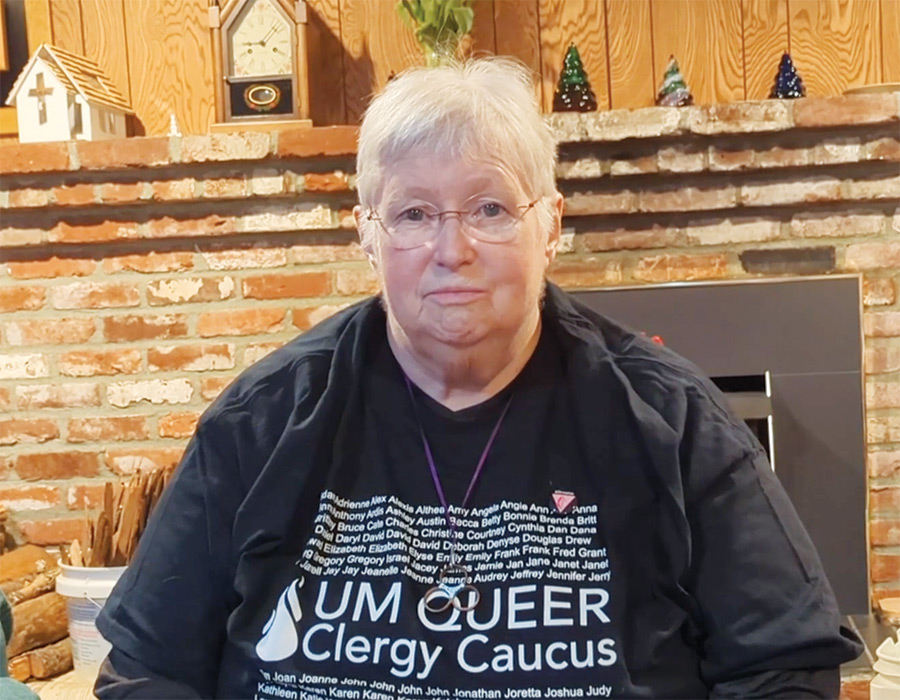
Jeanne Knepper ’69
The First Openly Gay Woman to Be Ordained and Appointed Within the Oregon-Idaho Conference of the United Methodist Church
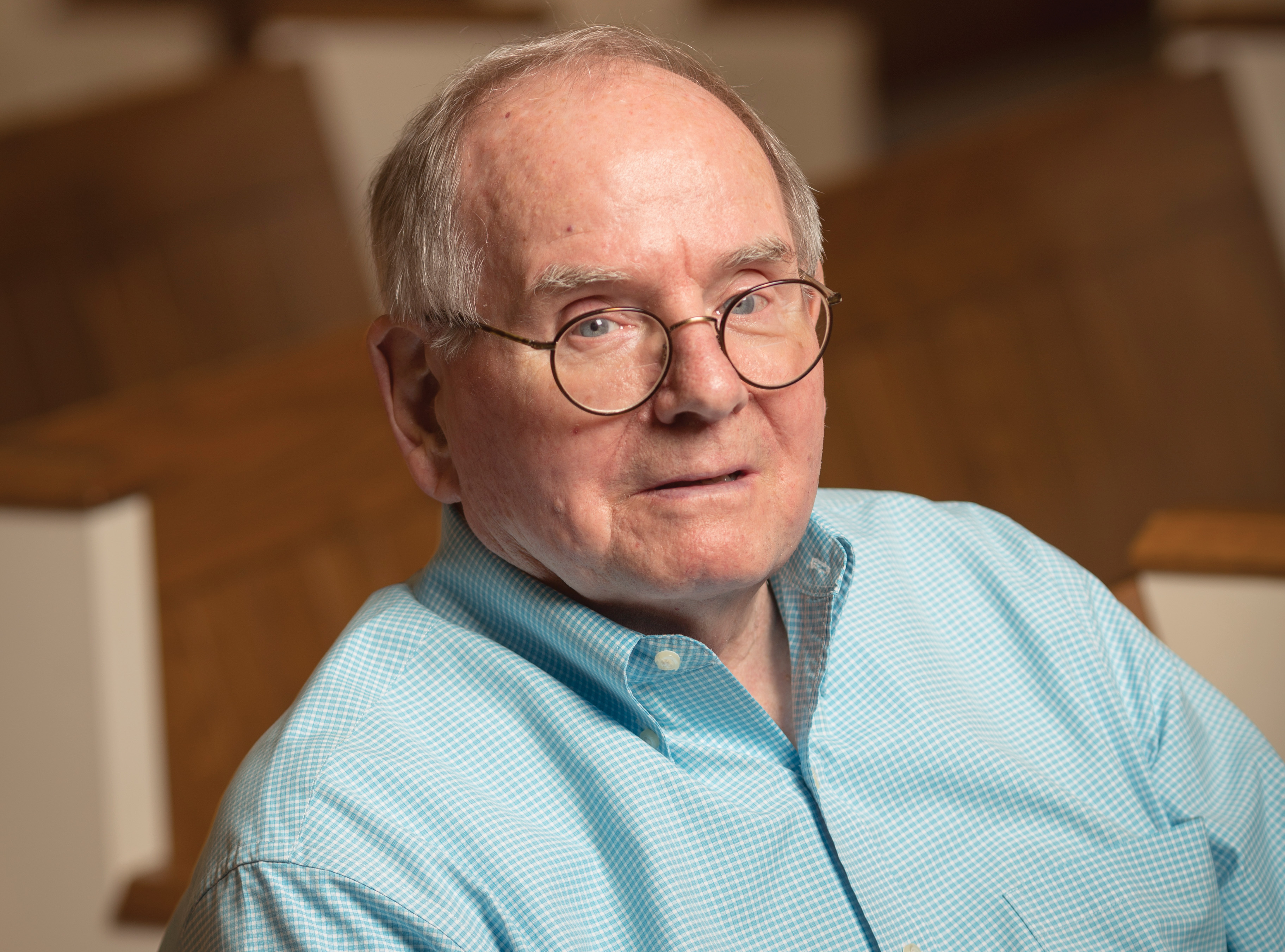
William Haden
As Acting President of Reed, He Strengthened the College's Finances and Alumni Relations
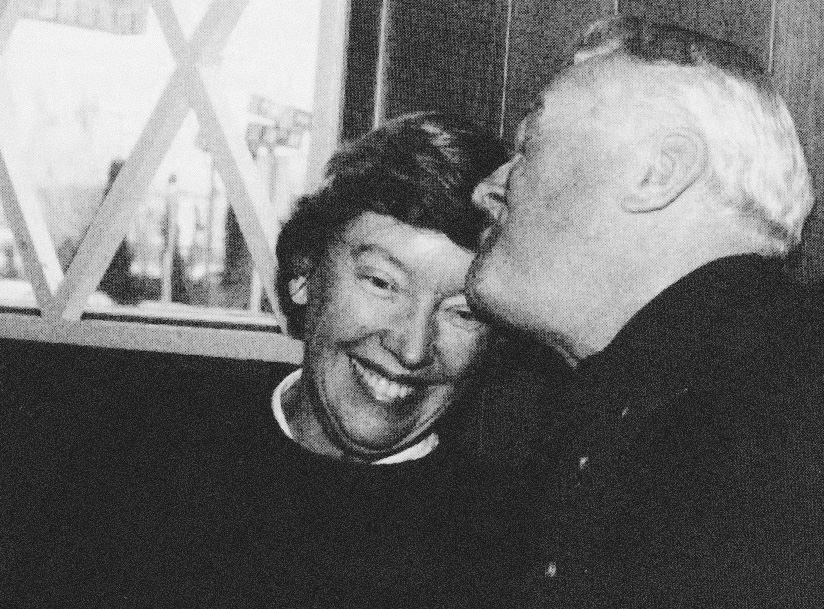
Nancy Horton Bragdon
Reed’s First Lady Whose Warmth and Leadership Were Invaluable During a Turbulent Time

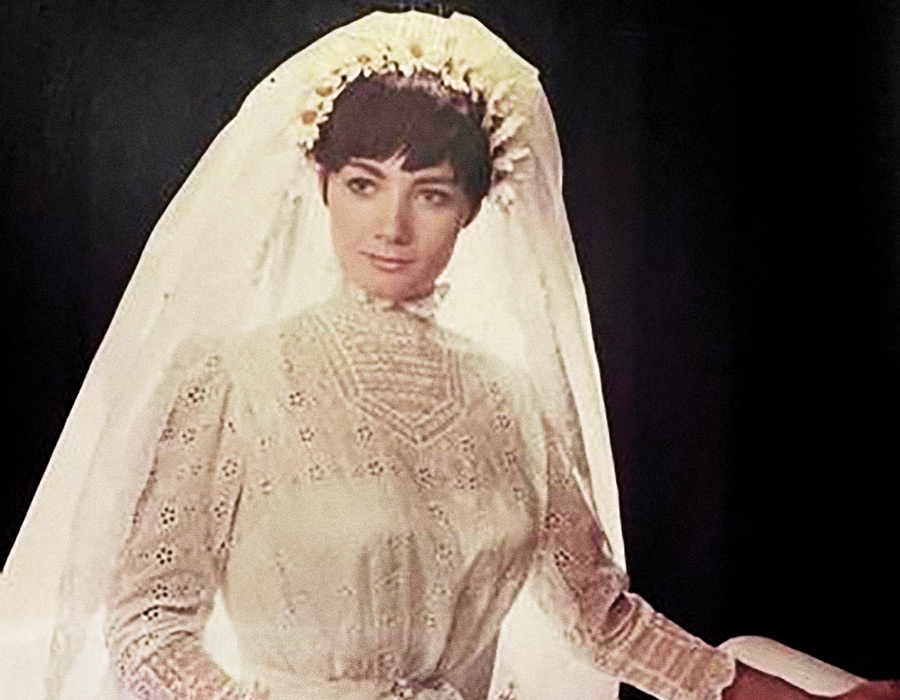
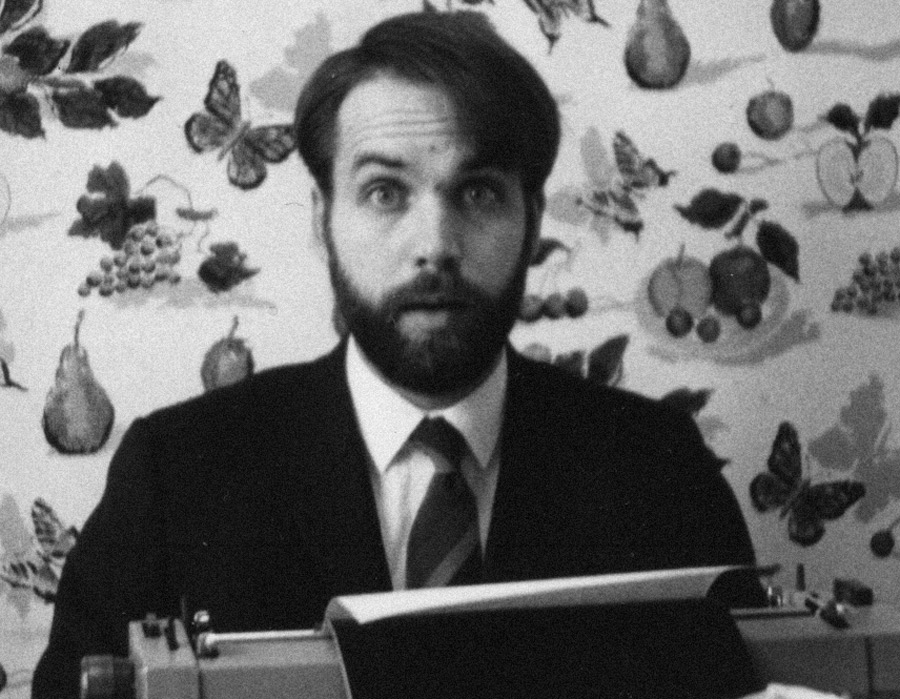
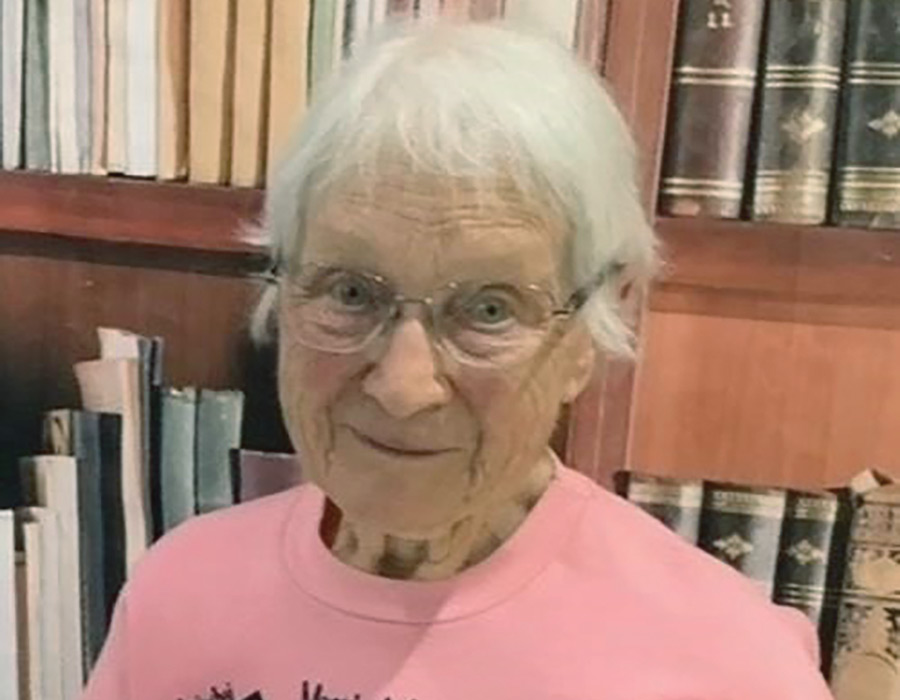
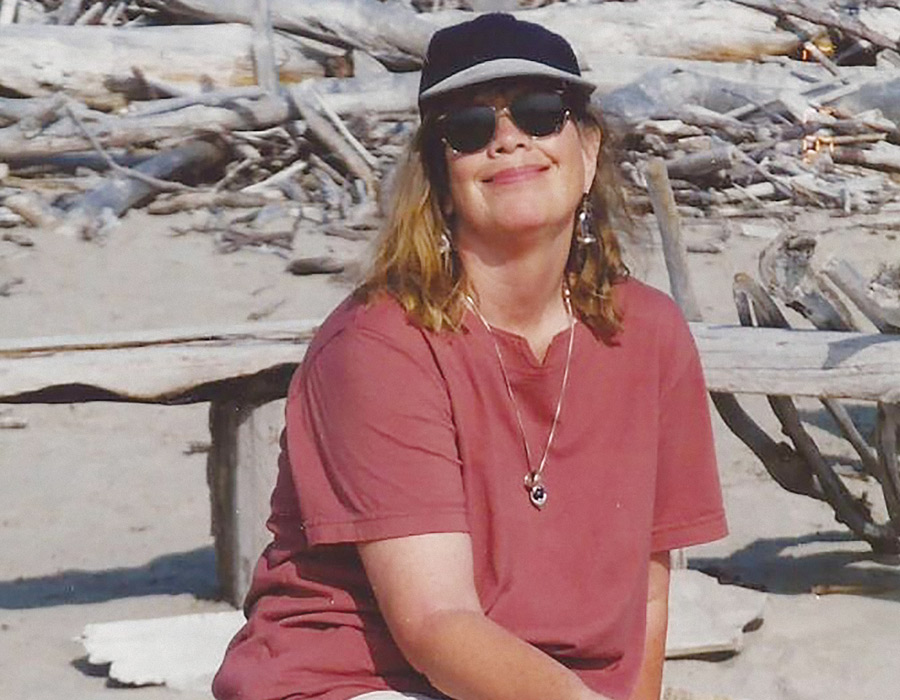
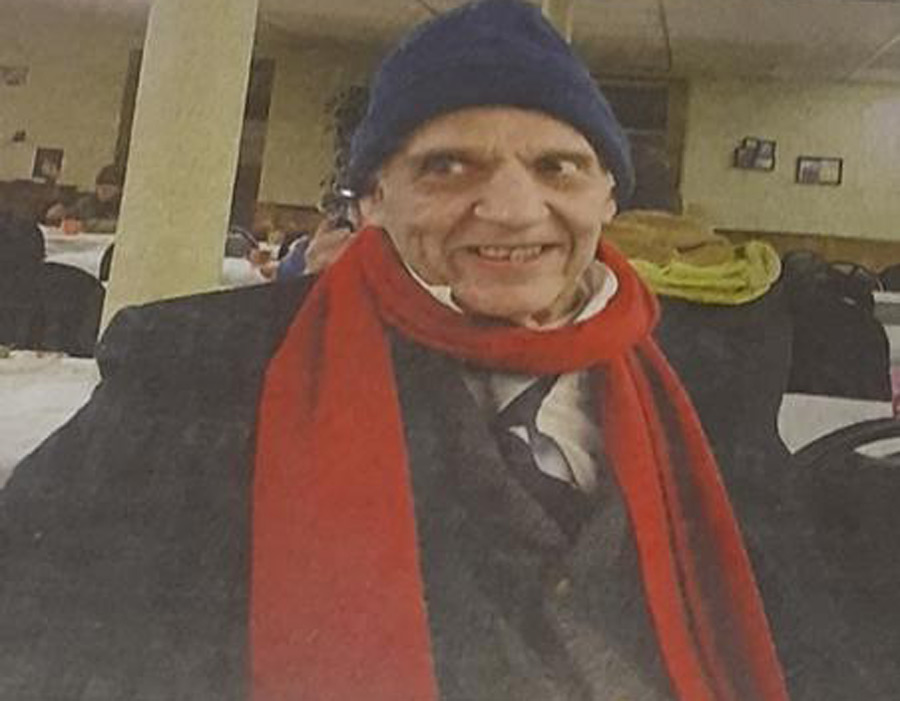
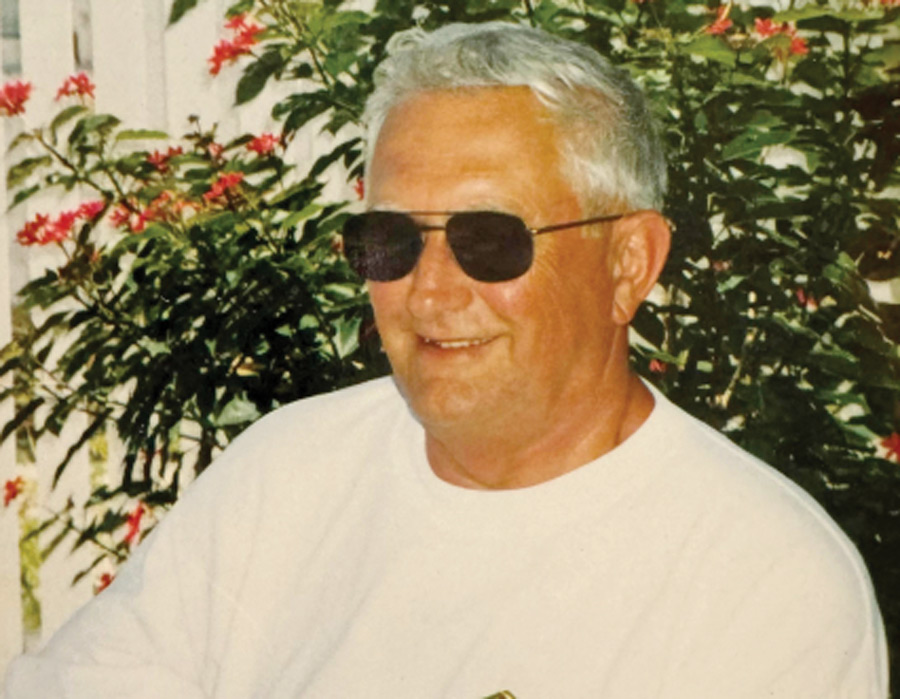
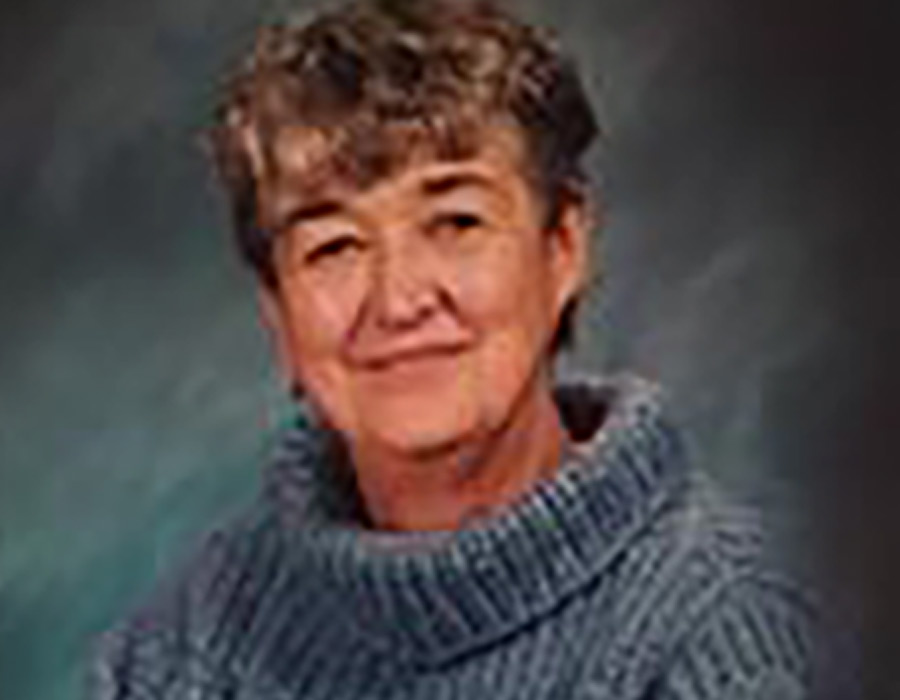
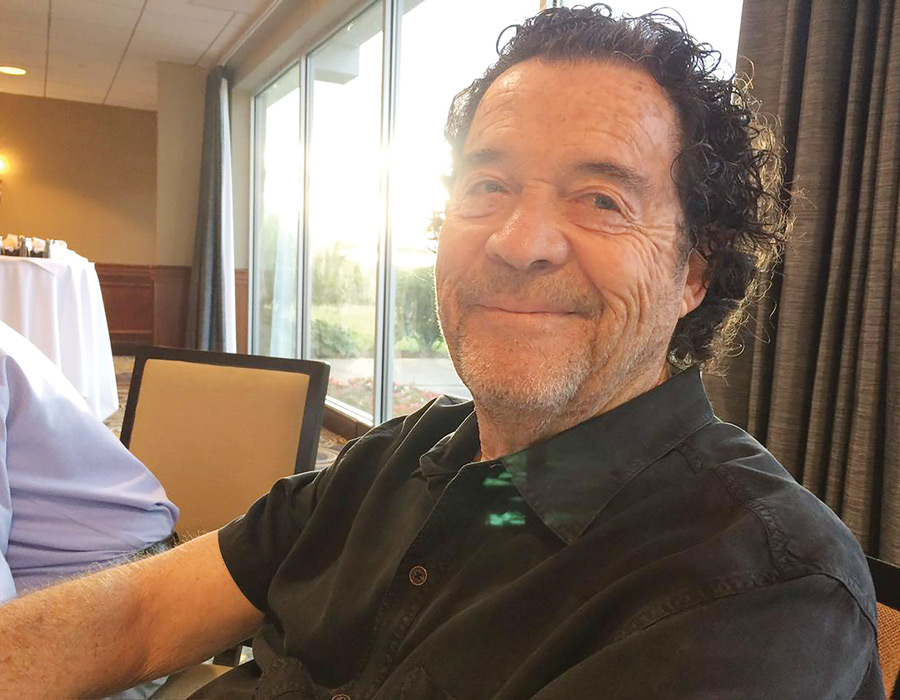
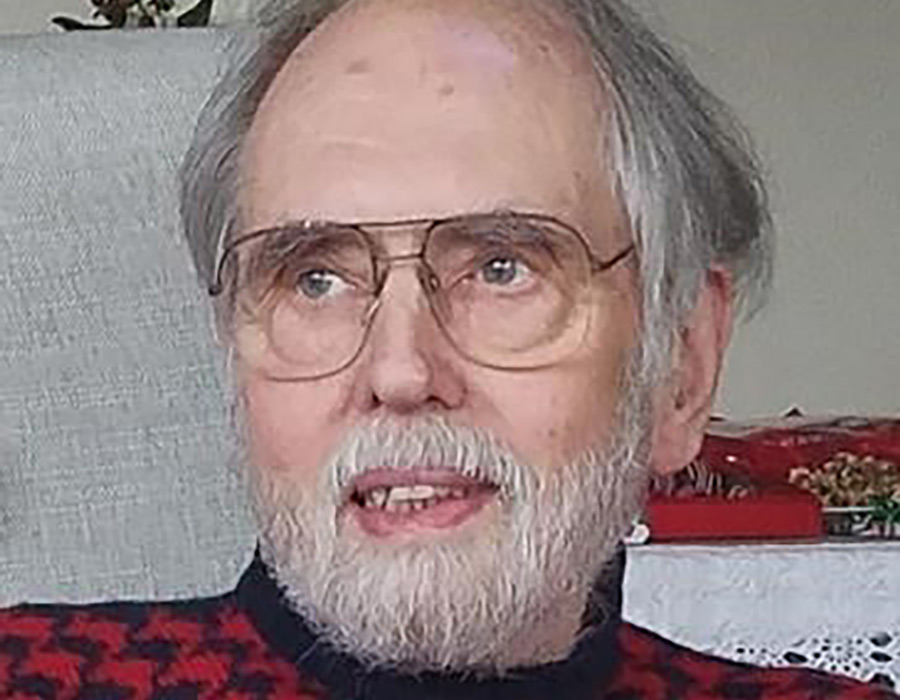
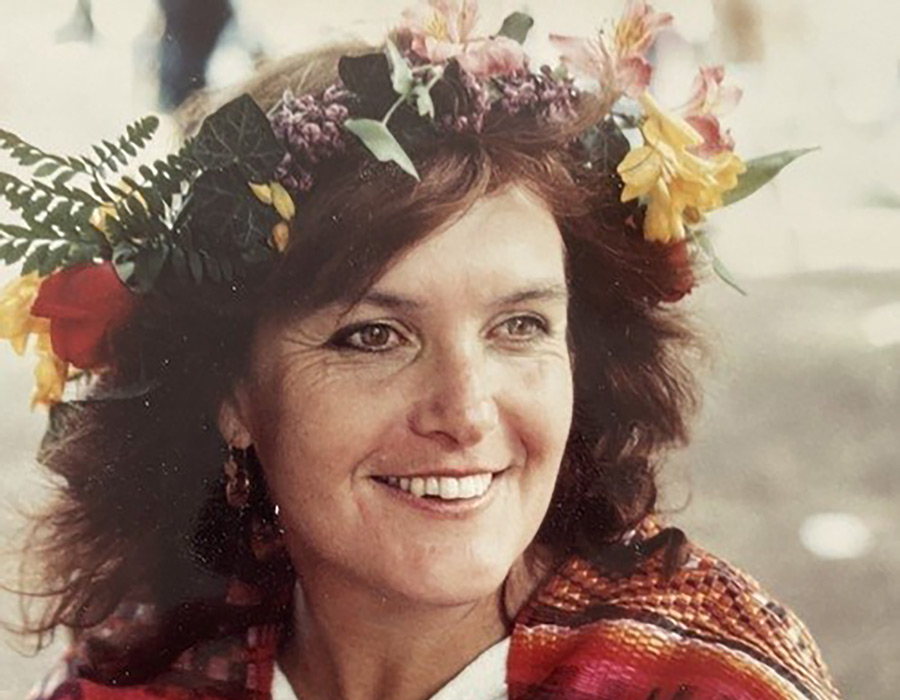
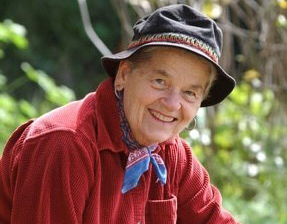
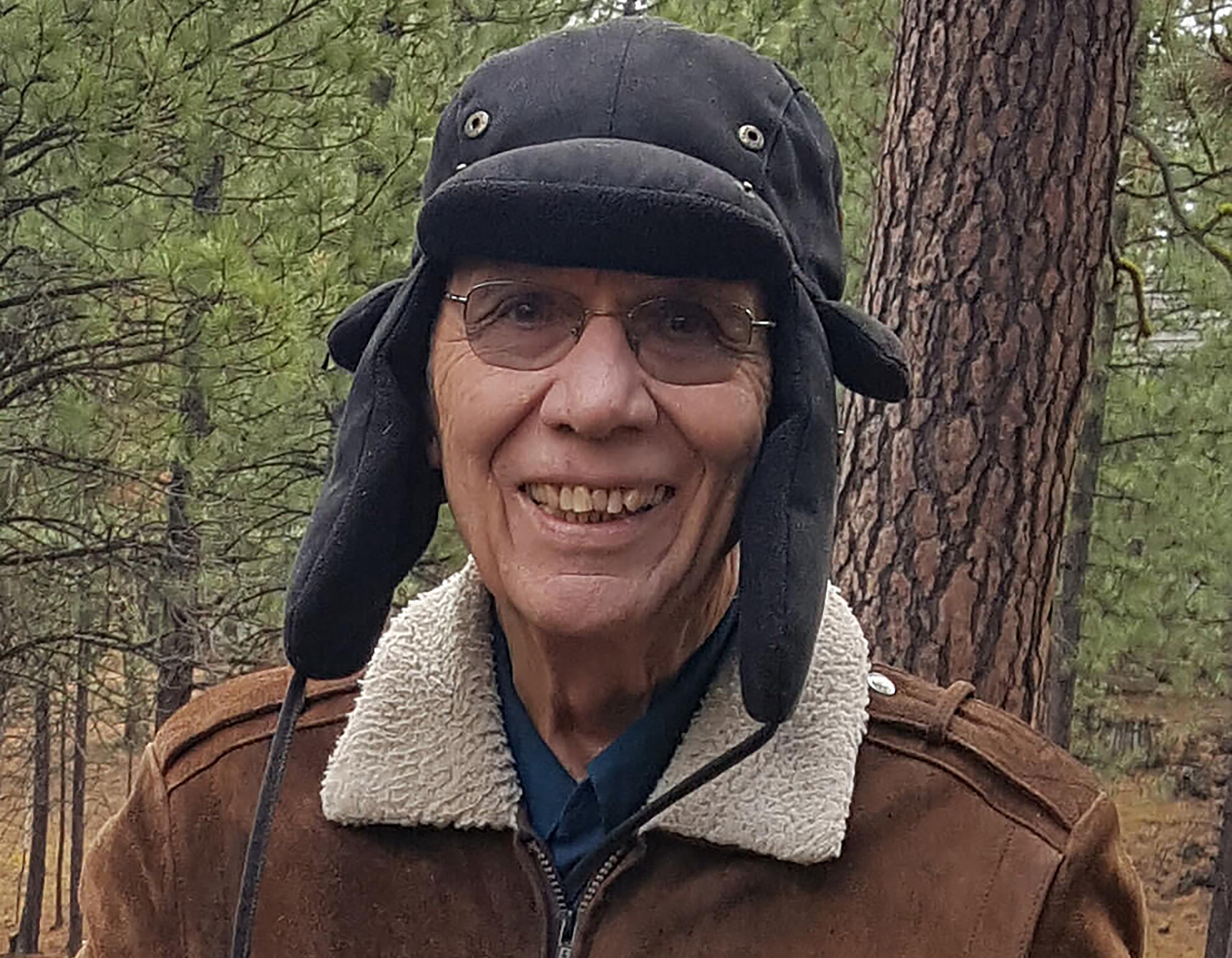
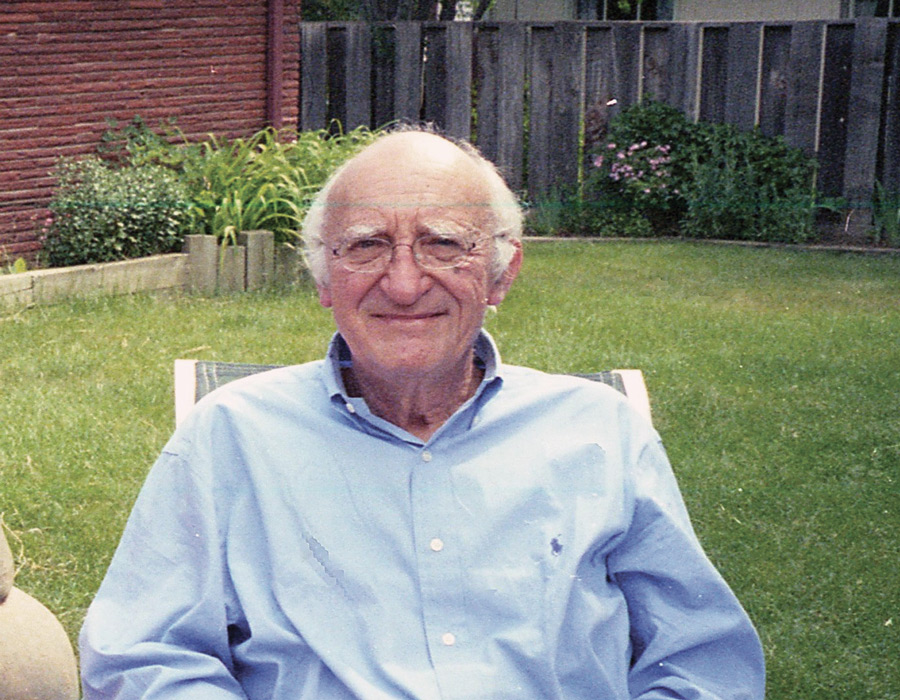
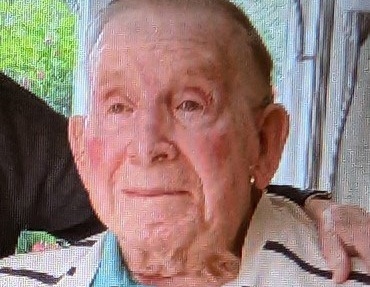
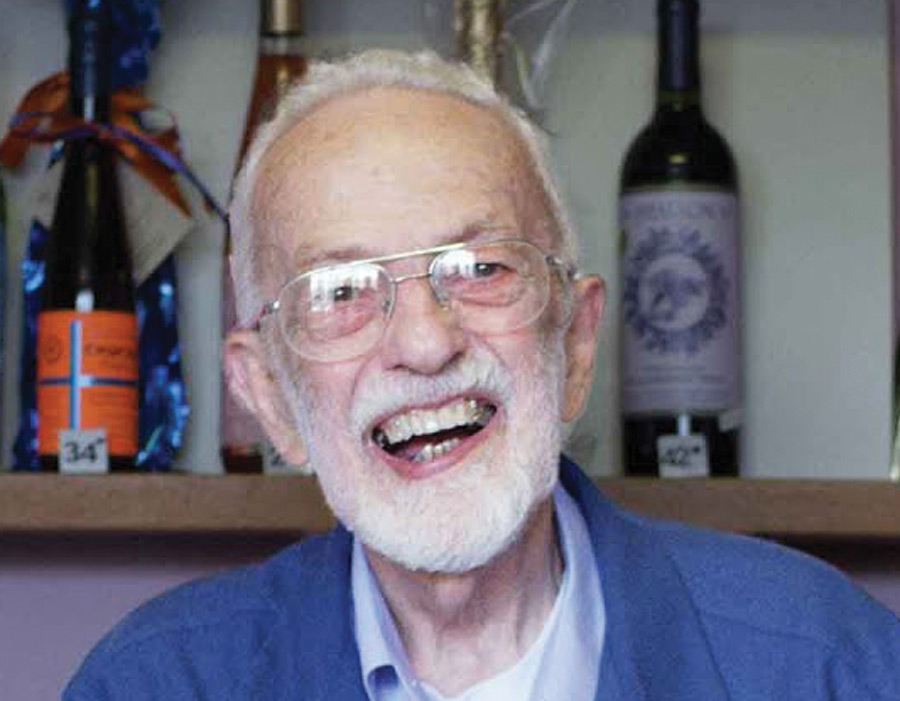
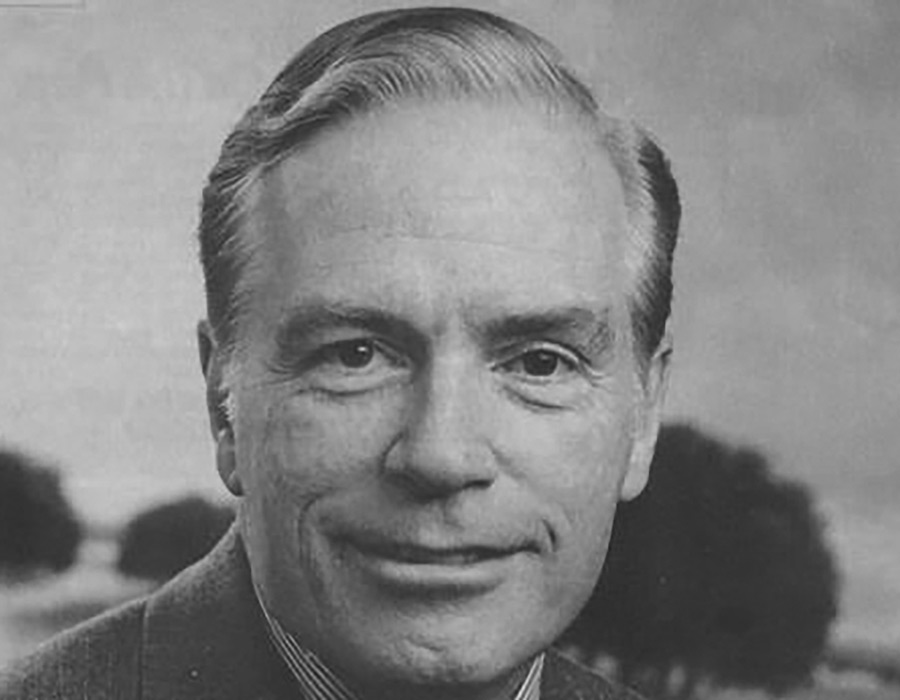
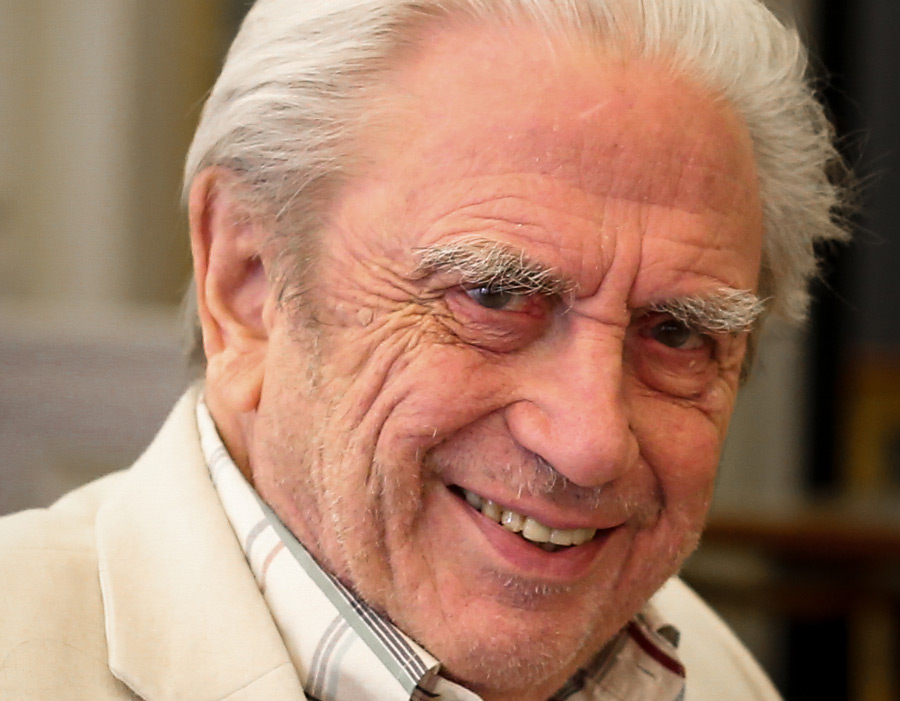
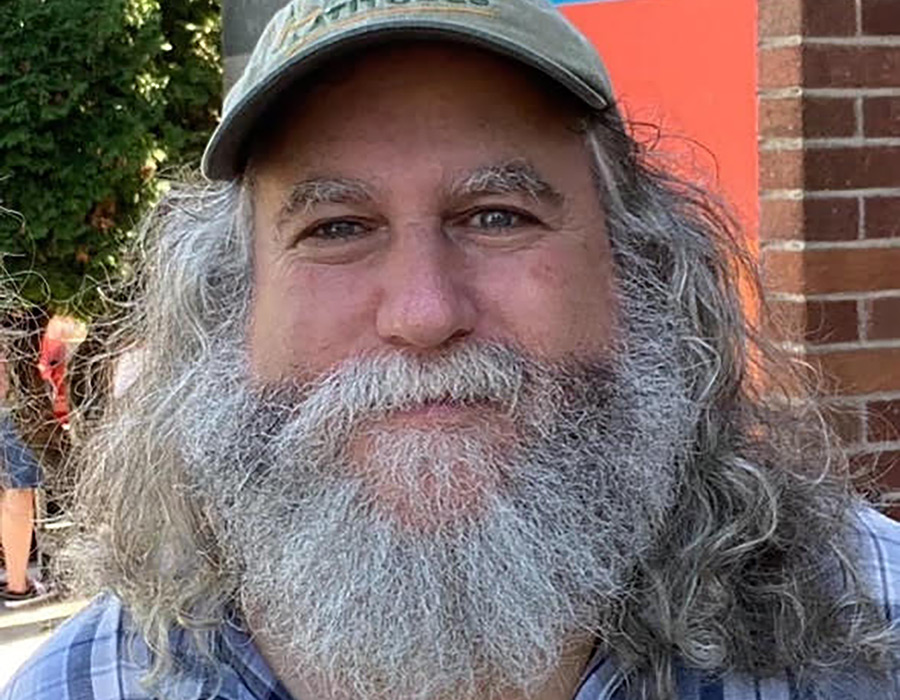
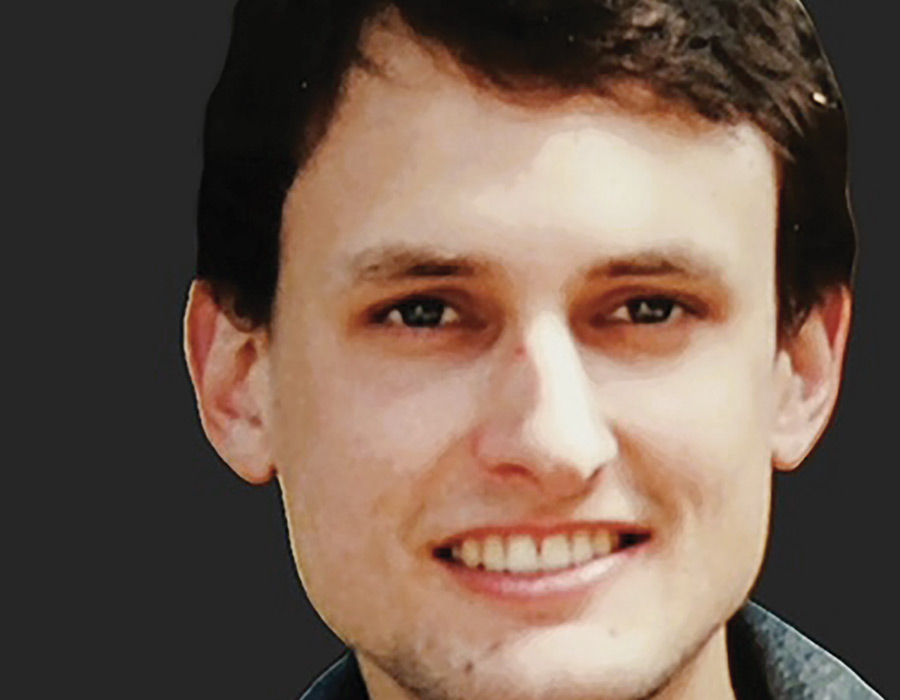
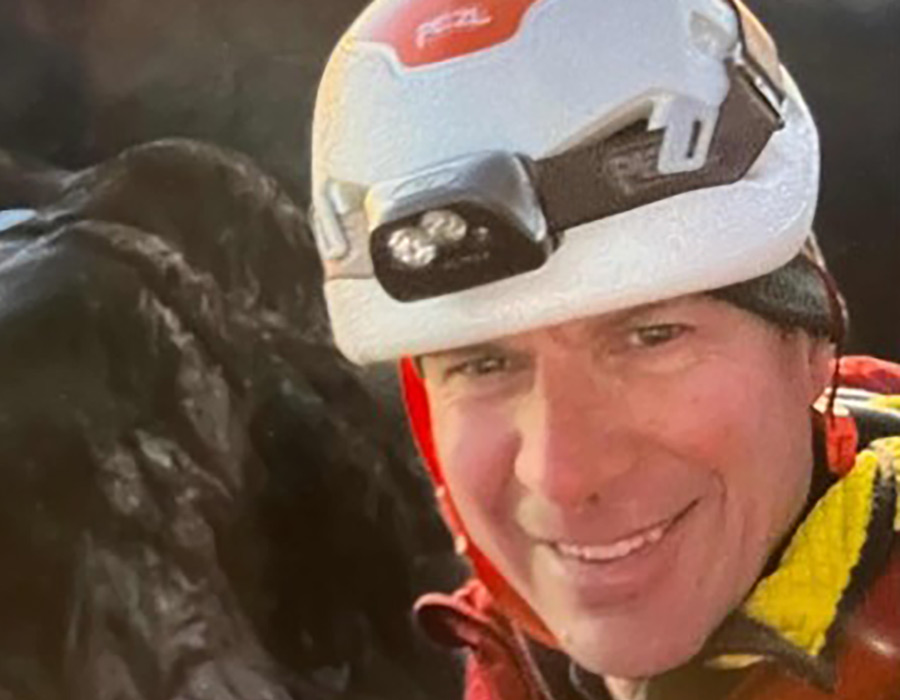
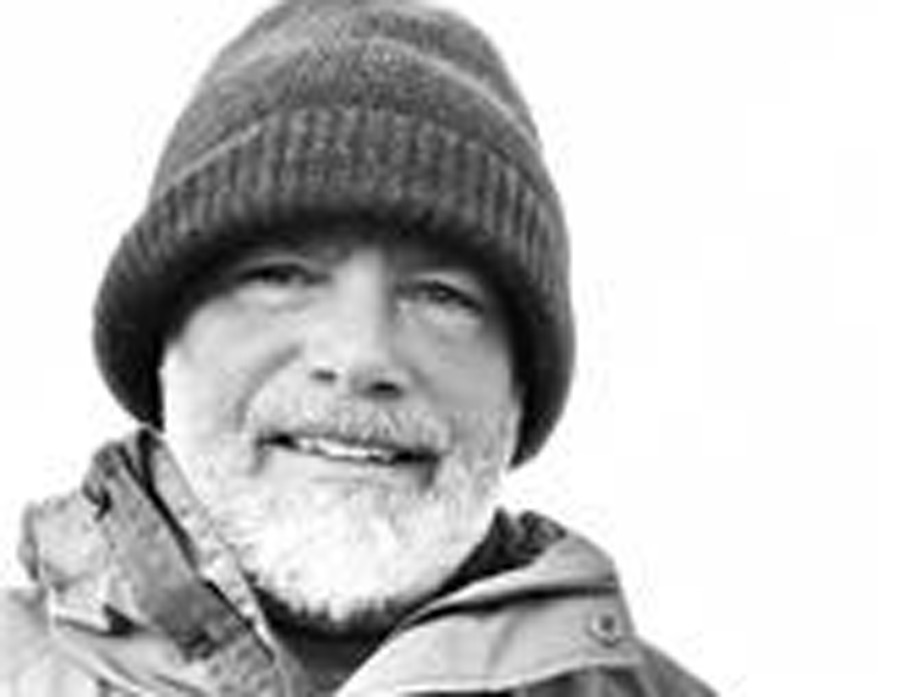
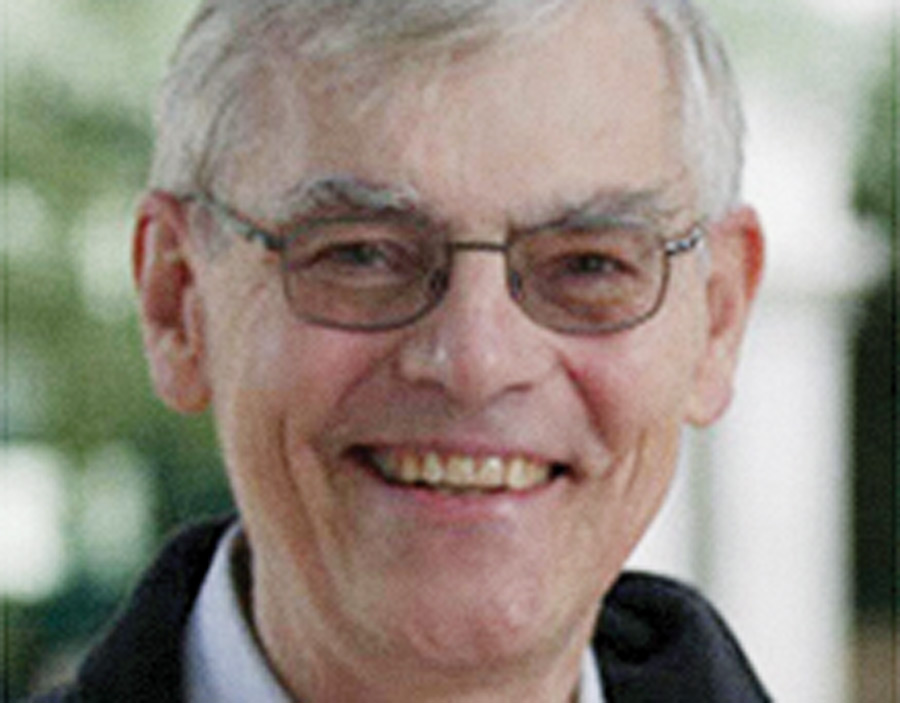
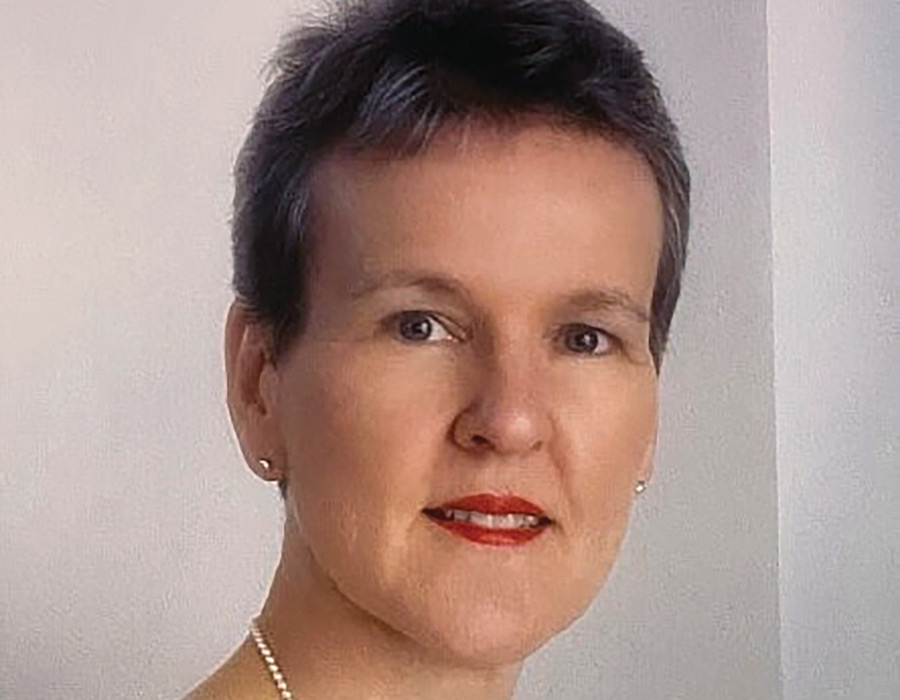
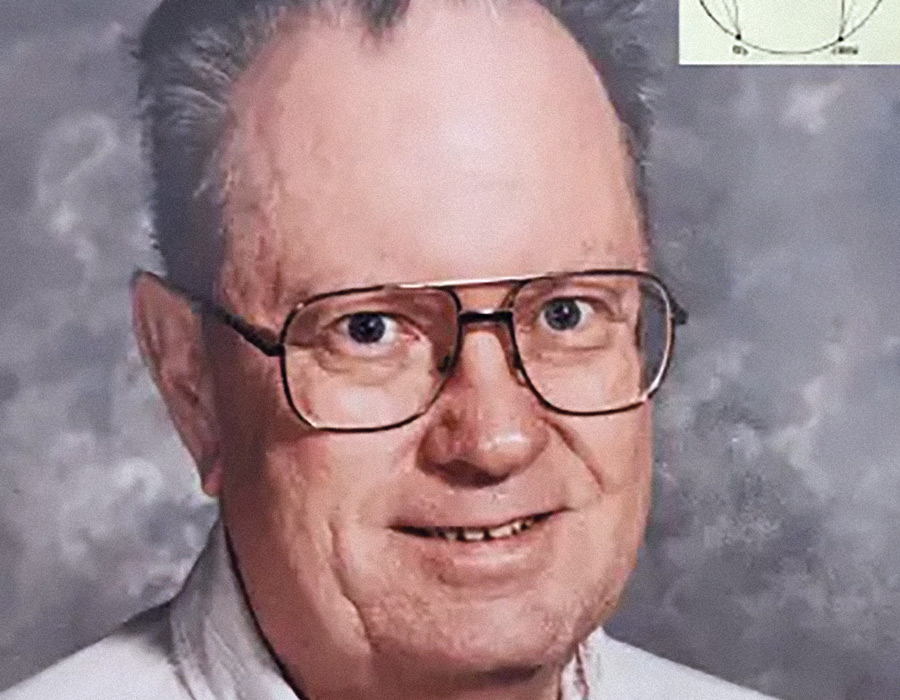
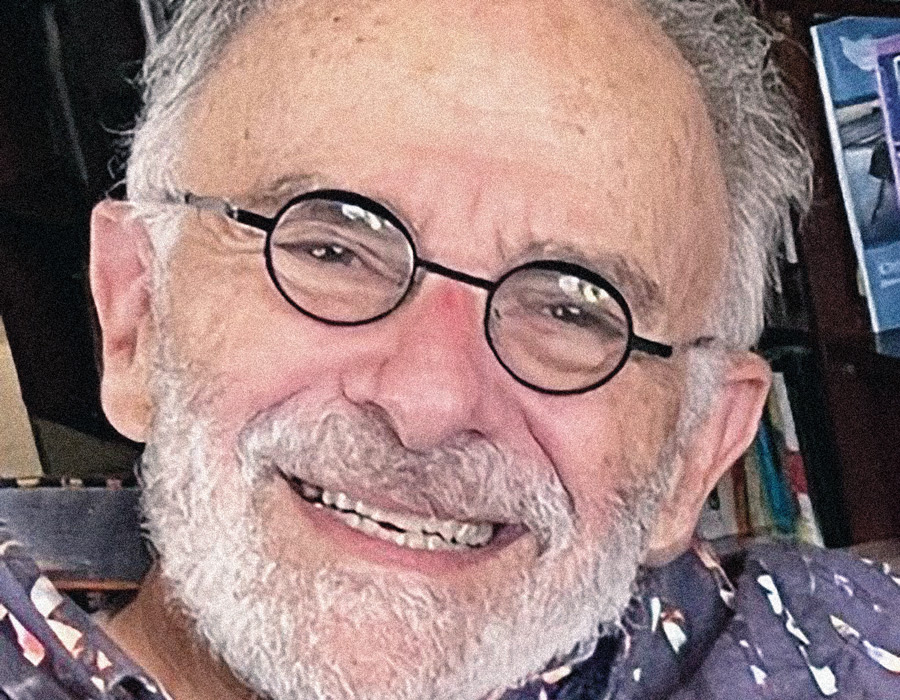
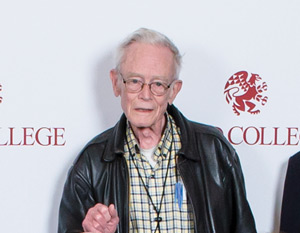
![Photo of Prof. Laurens Ruben [biology 1955–92]](https://www.reed.edu/reed-magazine/in-memoriam/assets/images/Larry-Ruben-copy.jpg)
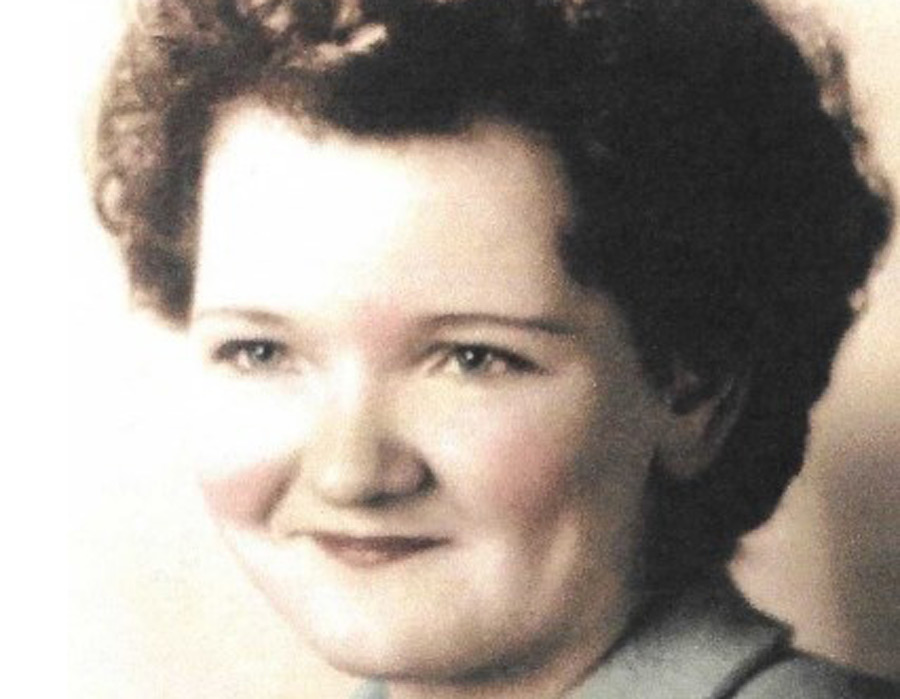
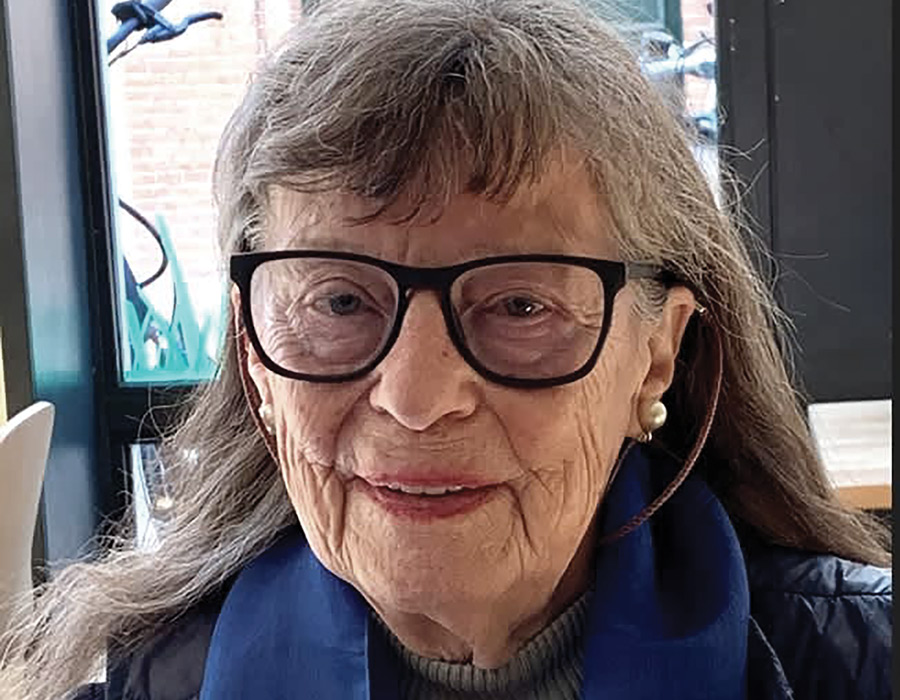
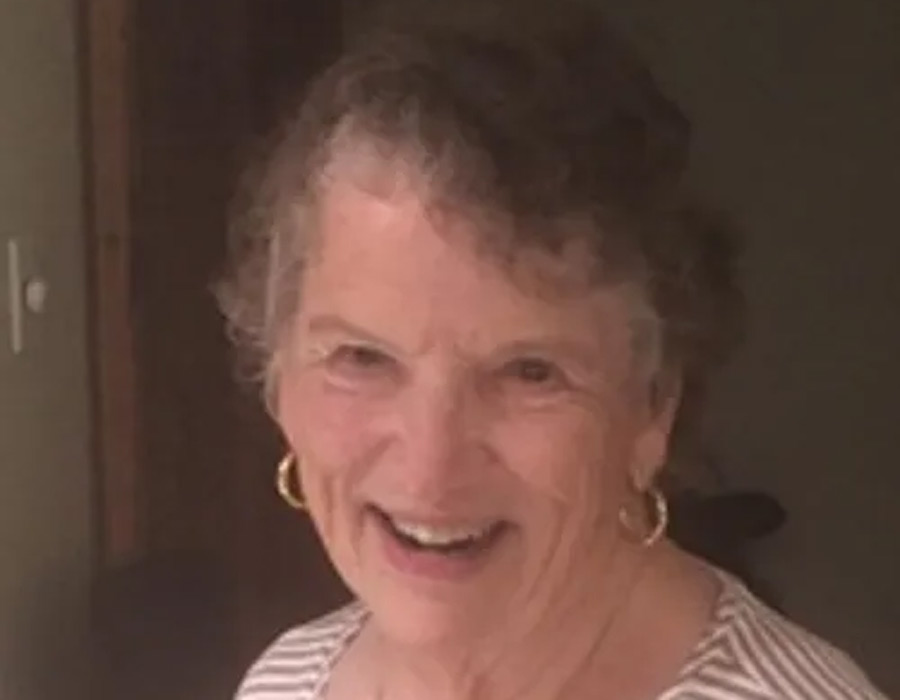
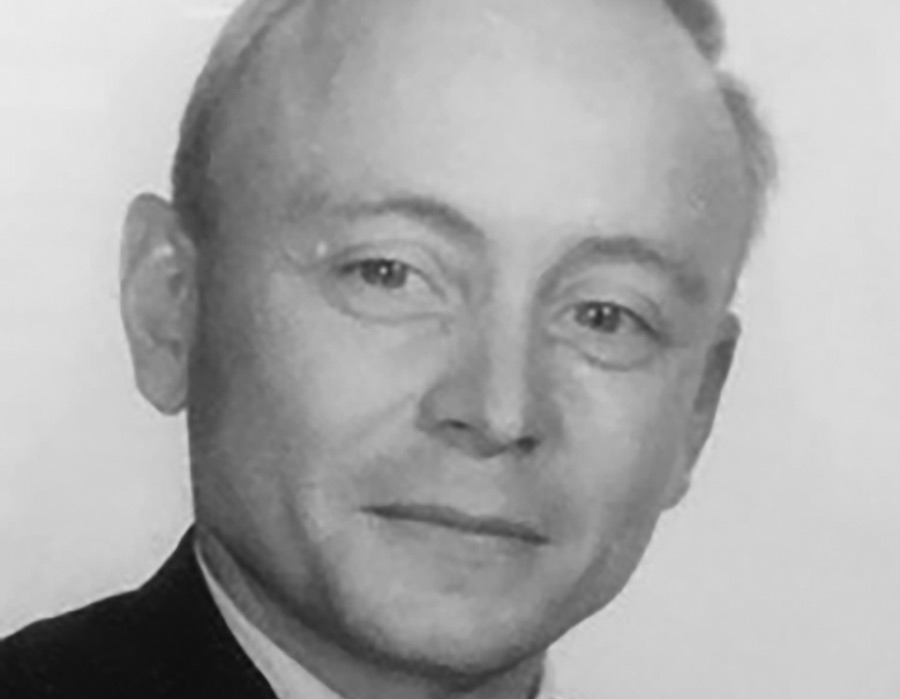
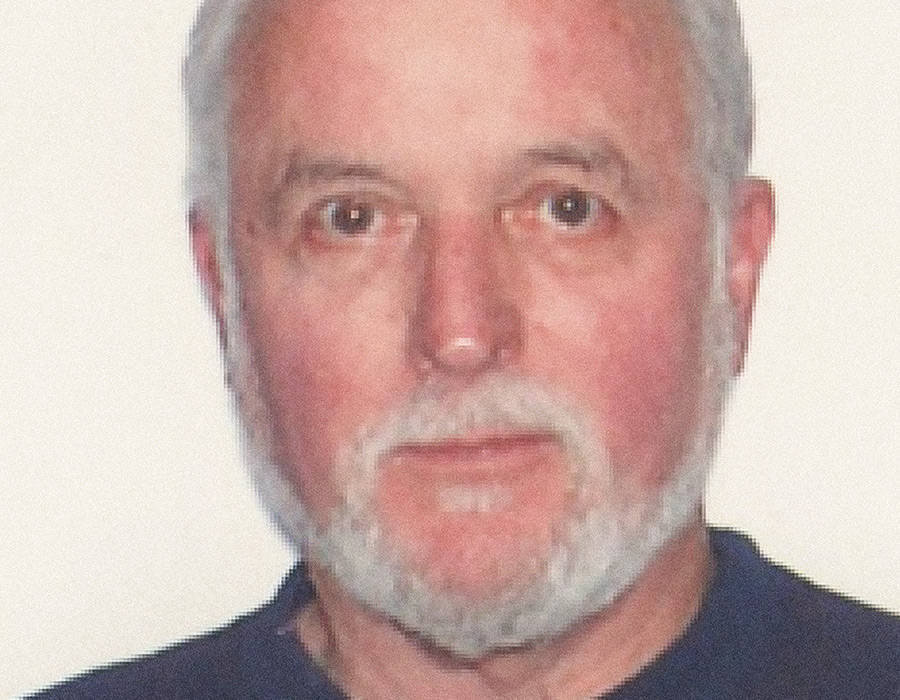
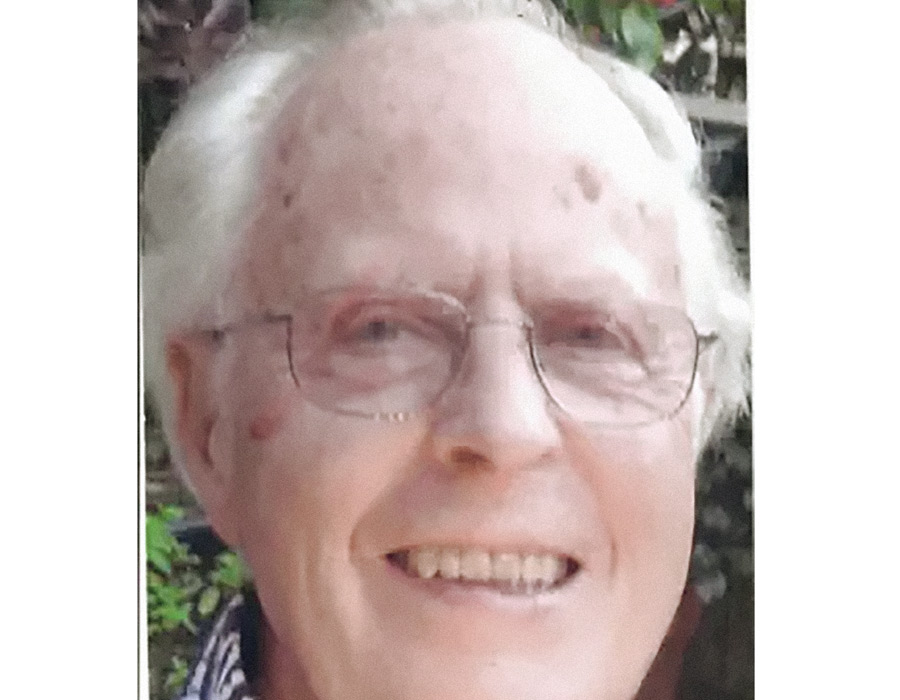
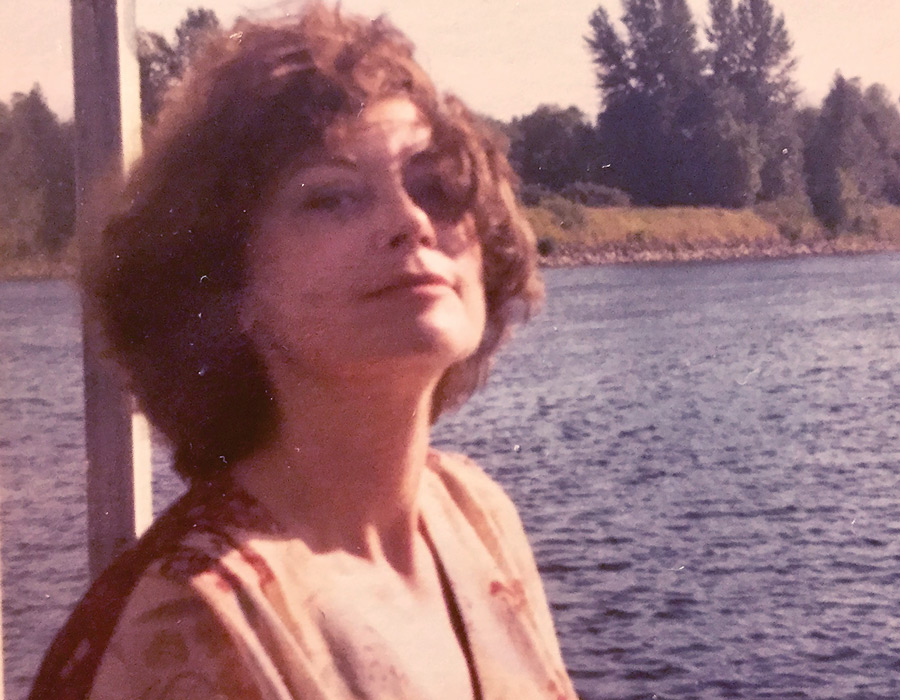
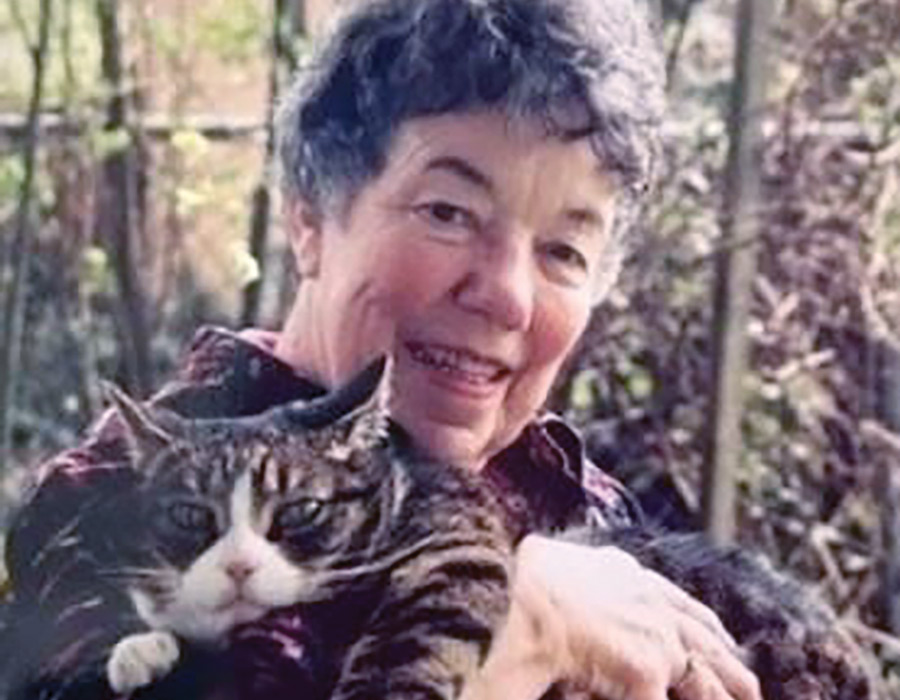
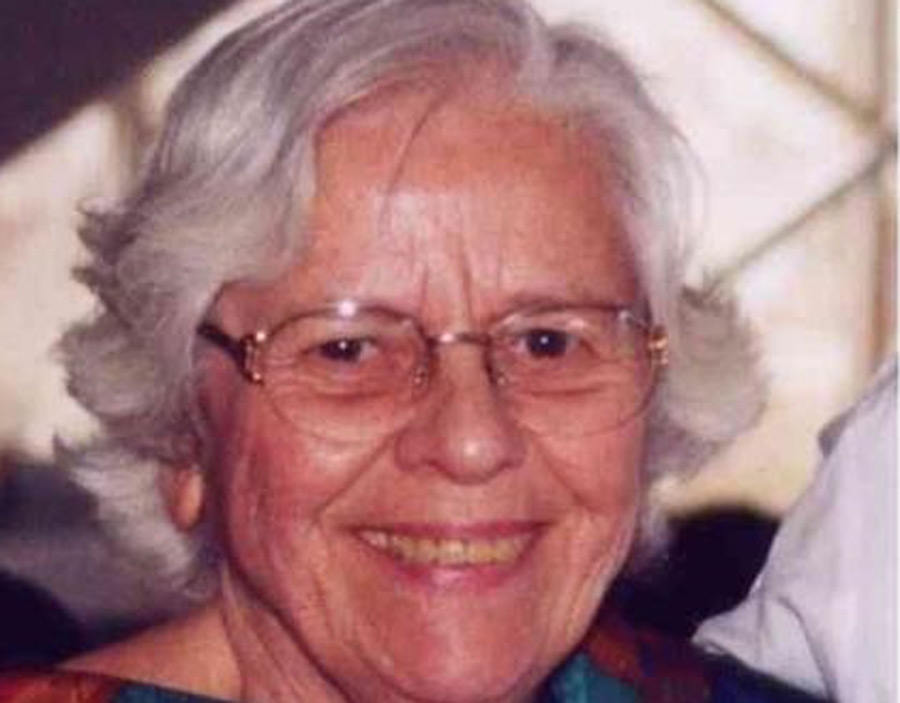
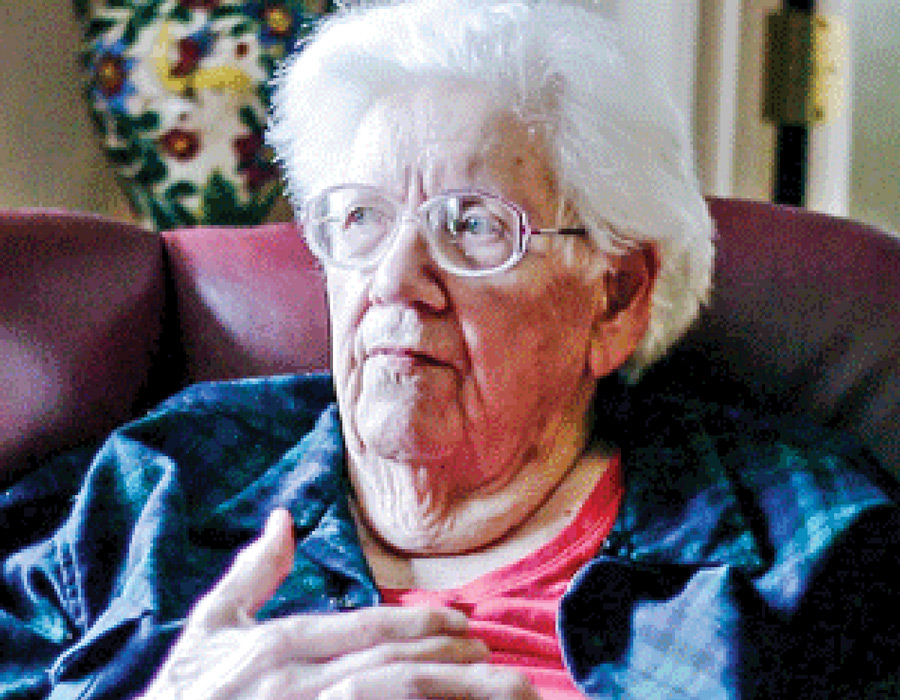
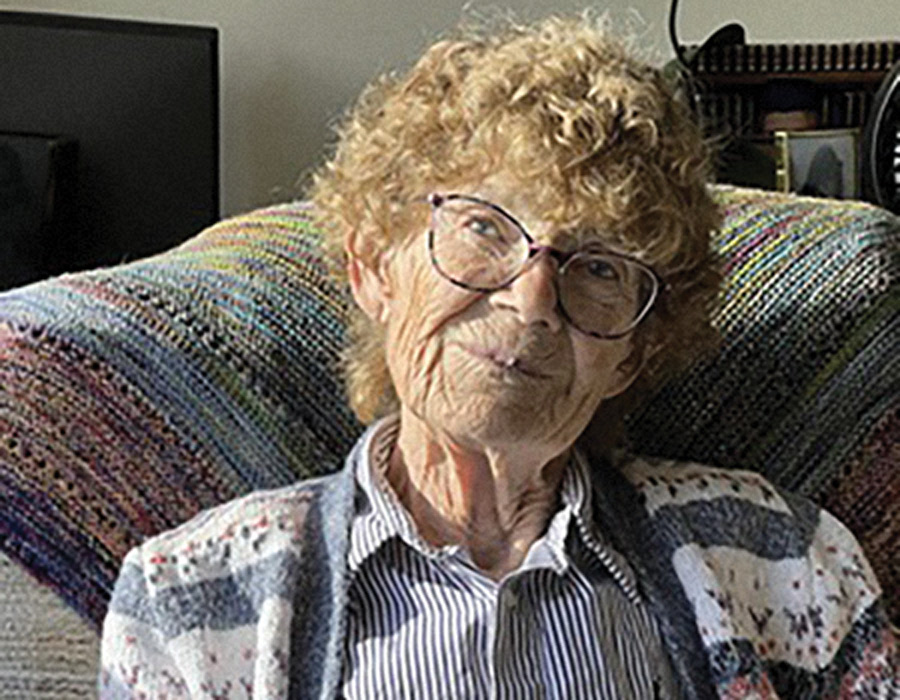
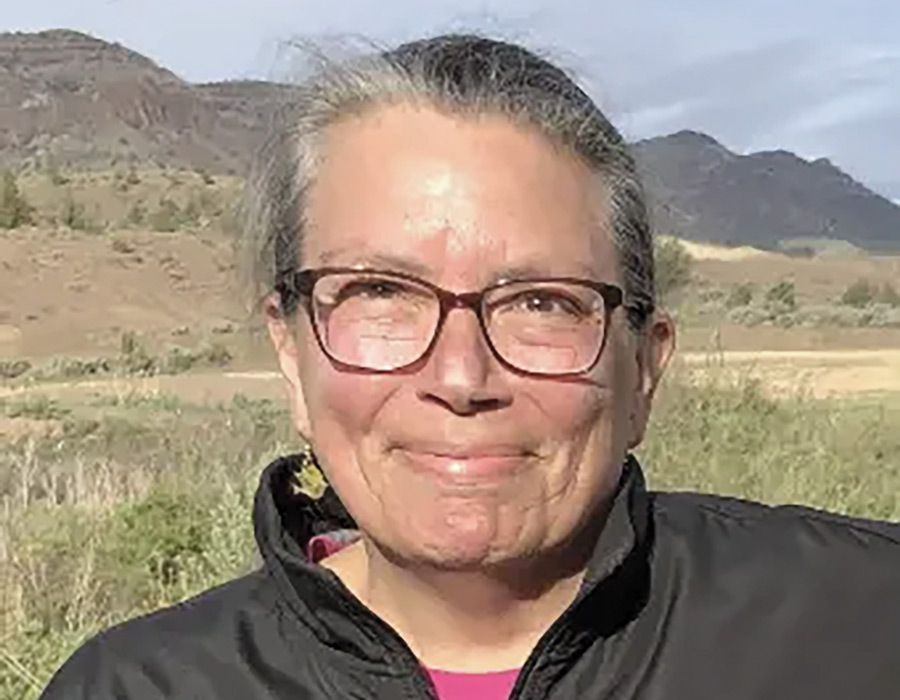
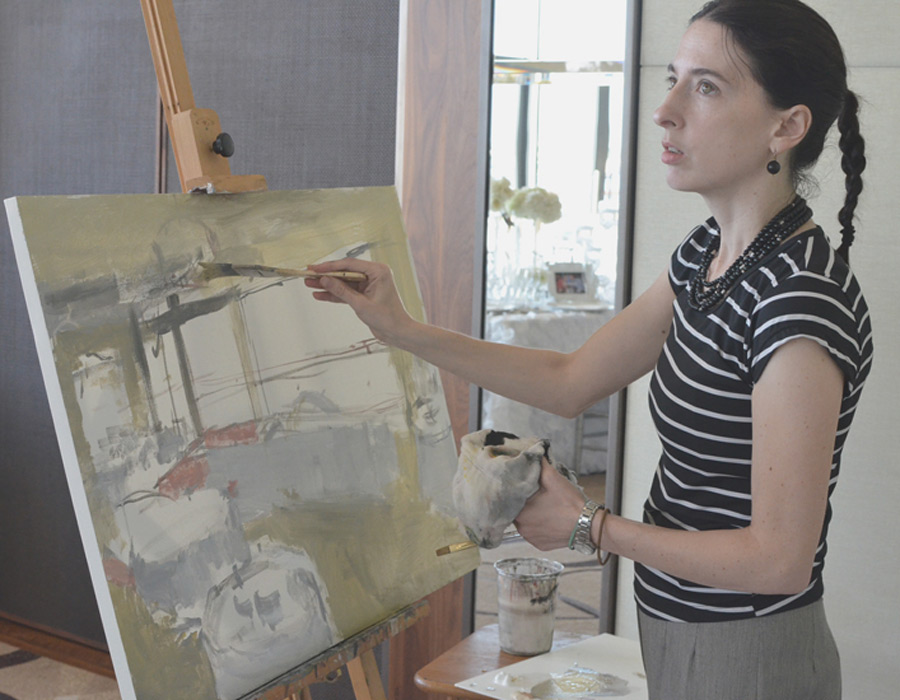
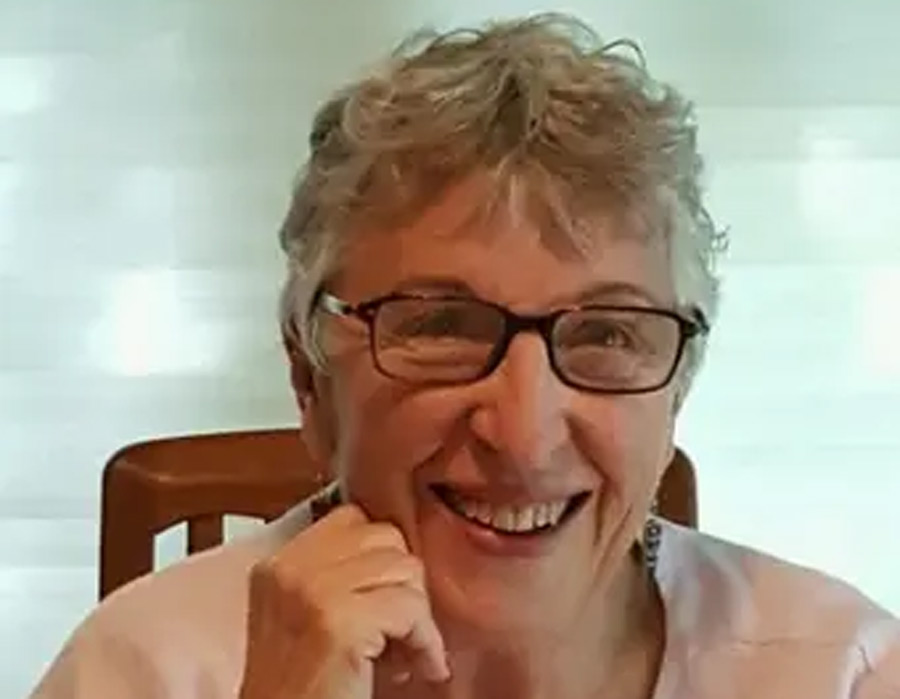
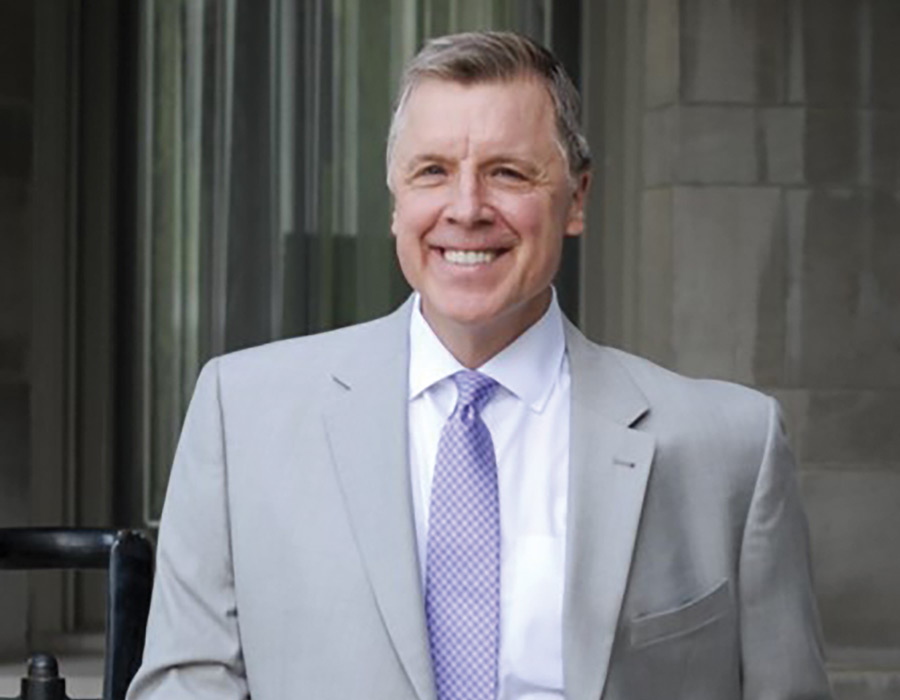
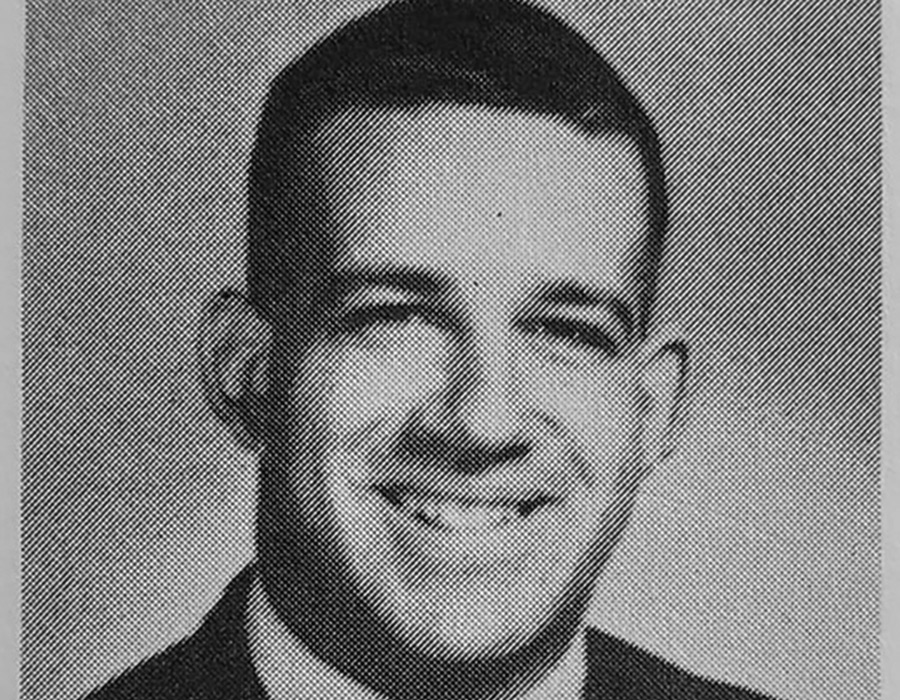
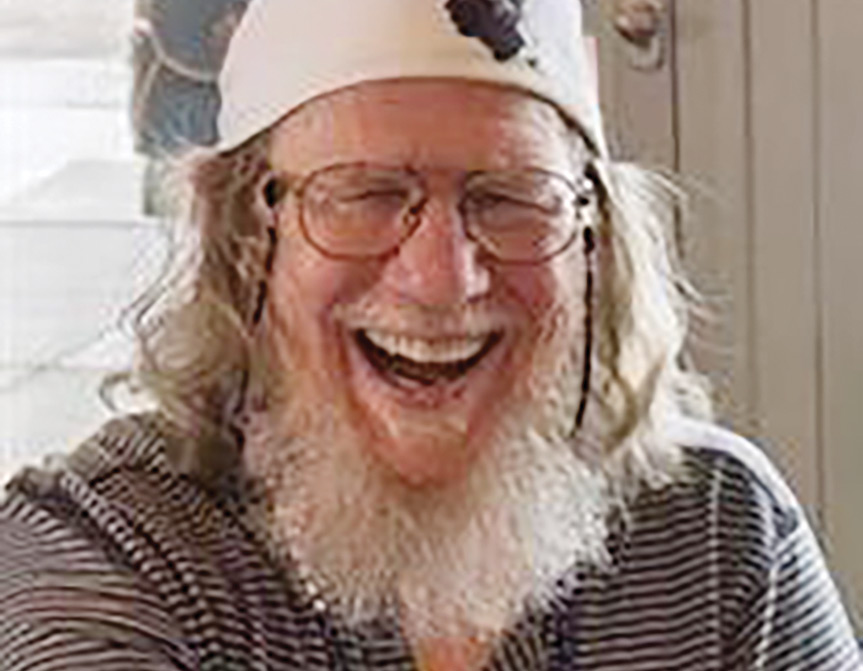
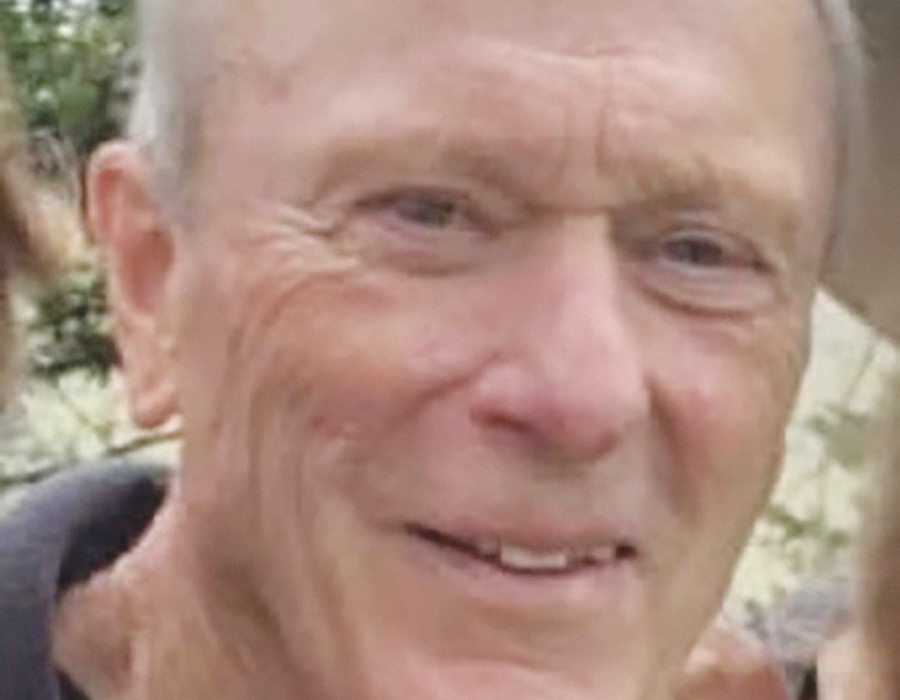
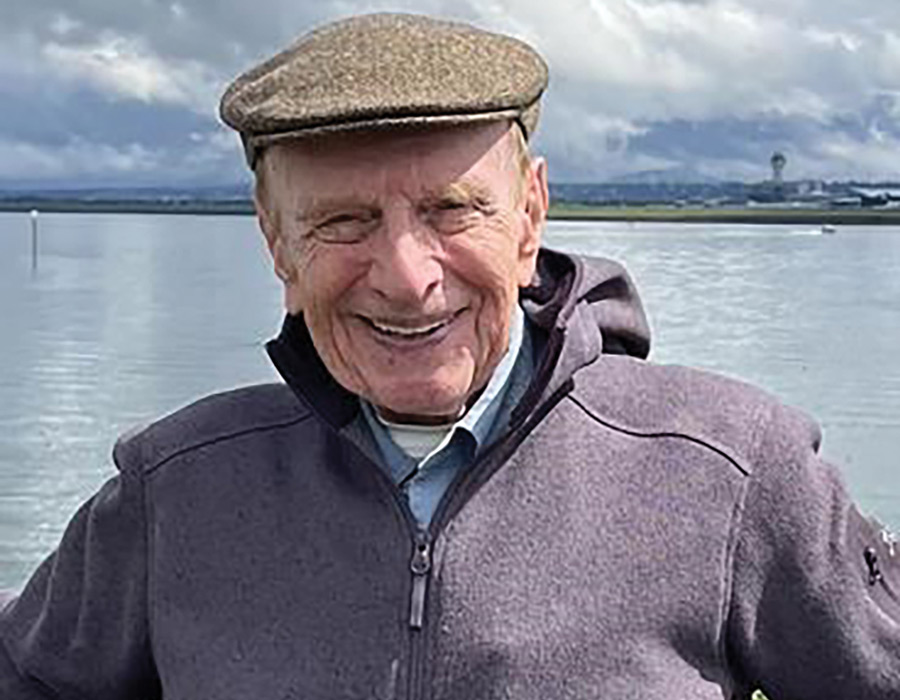
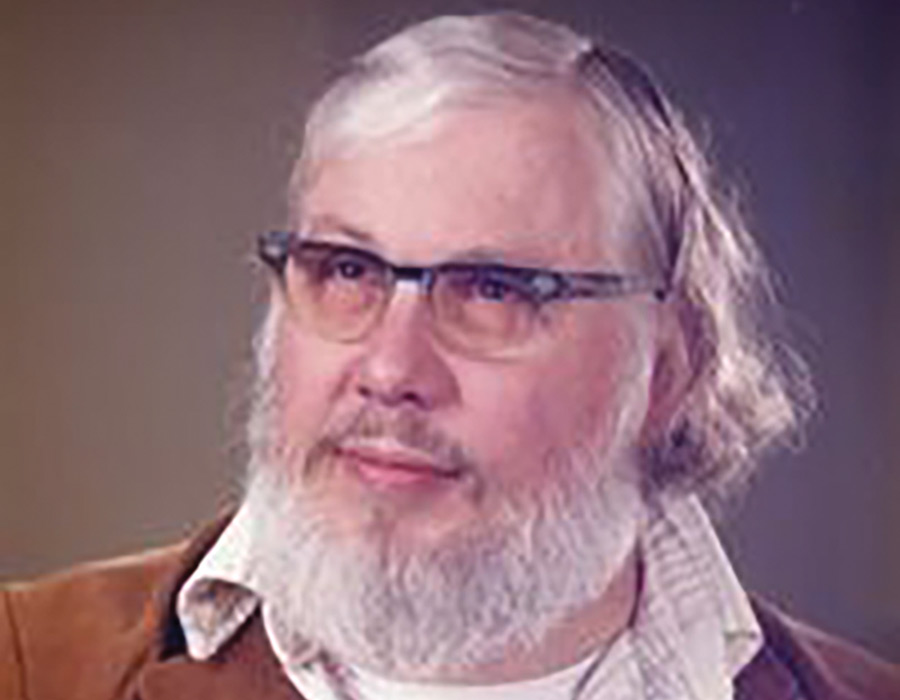
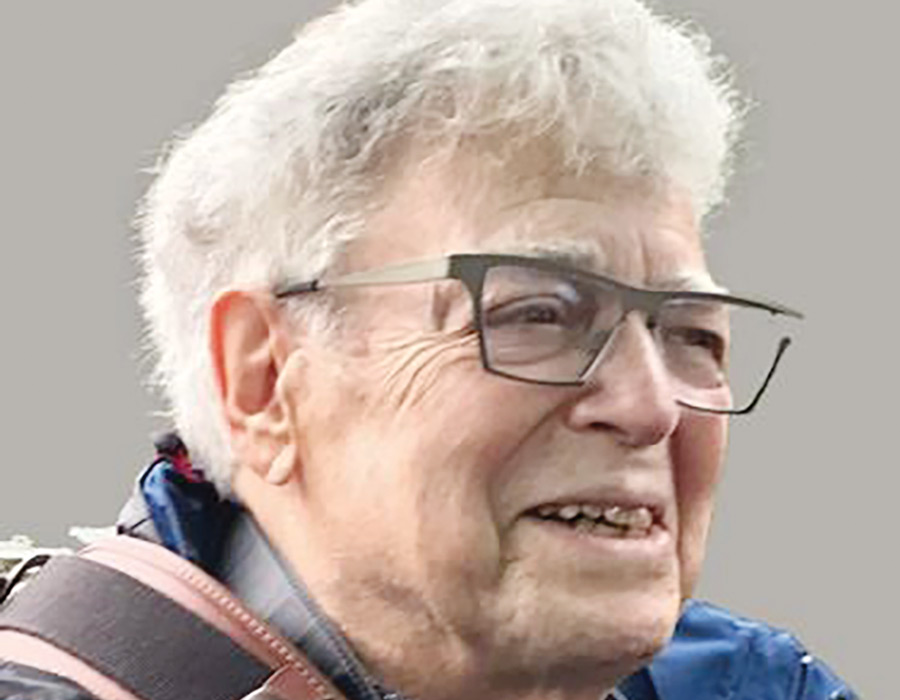
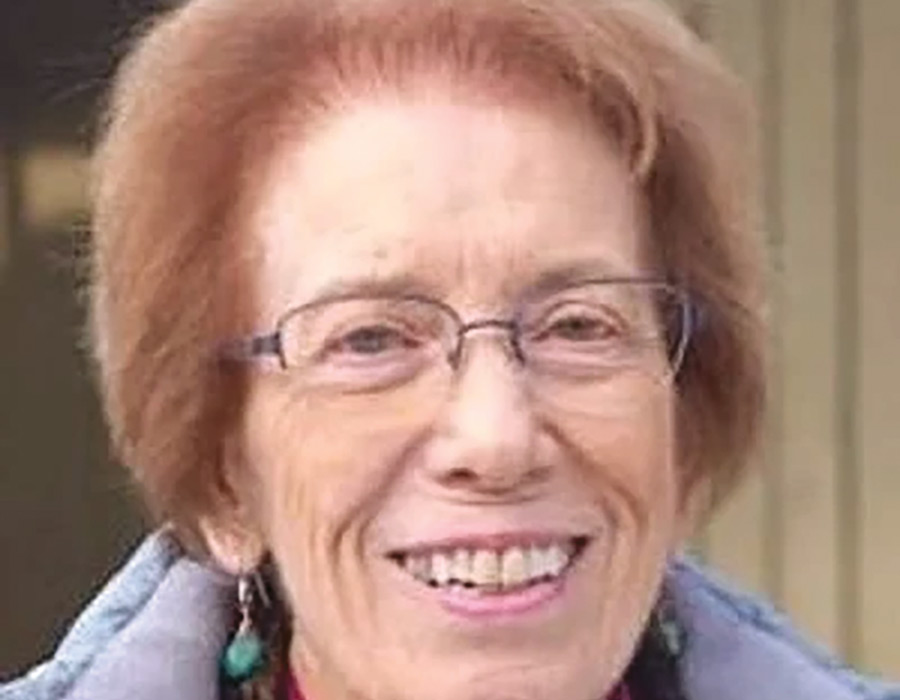
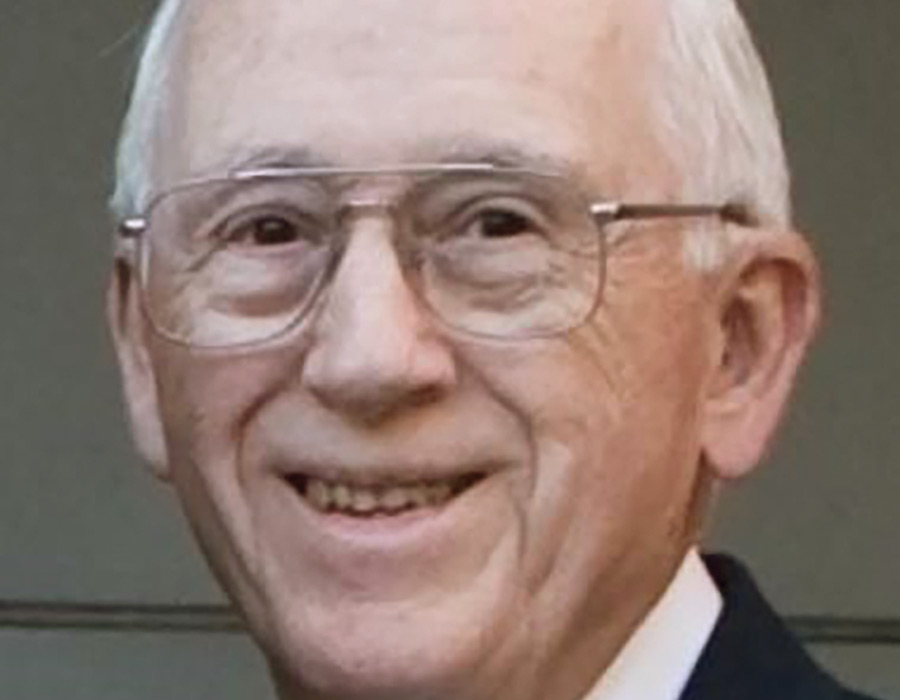
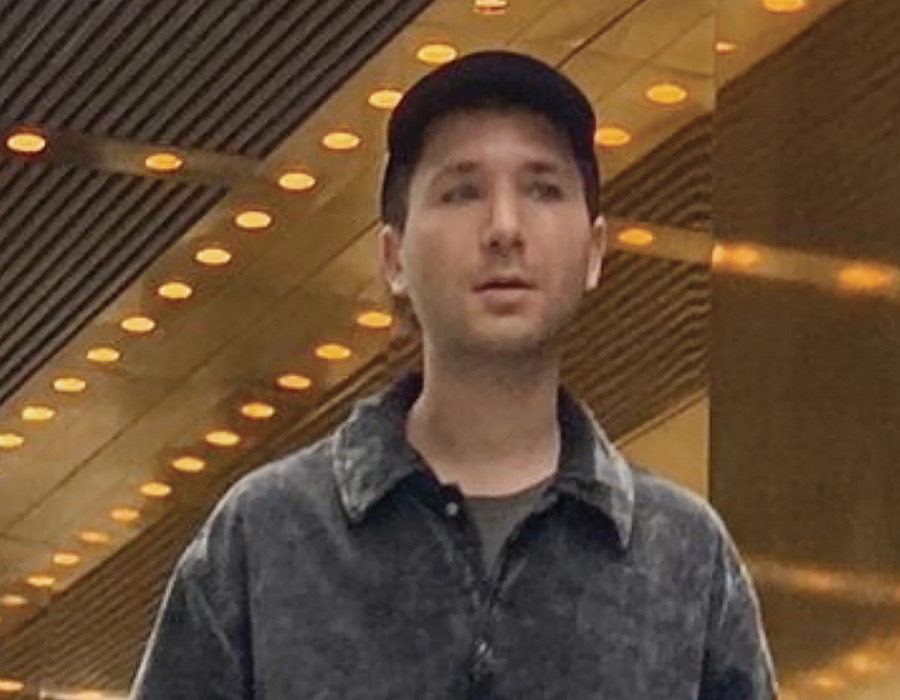
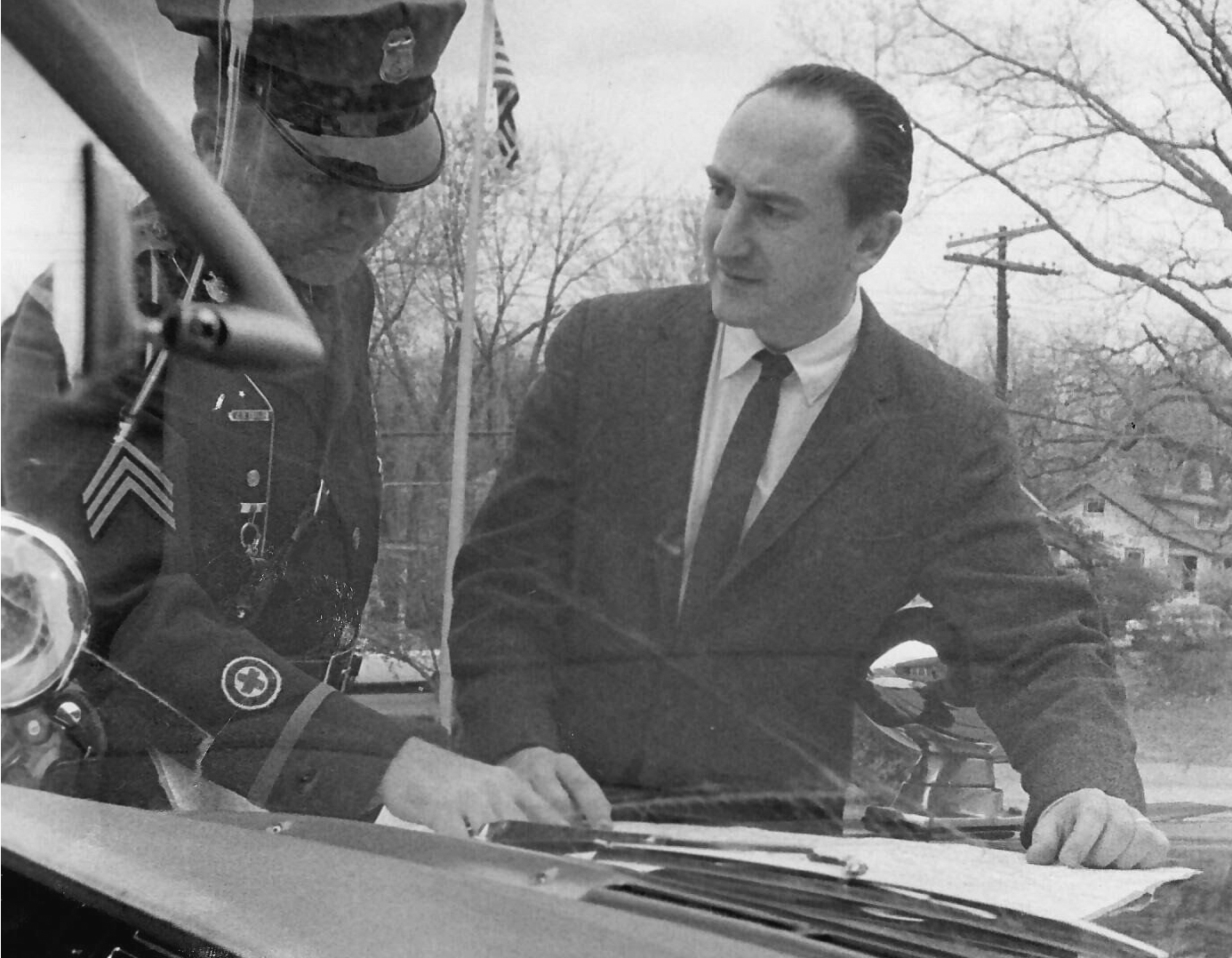
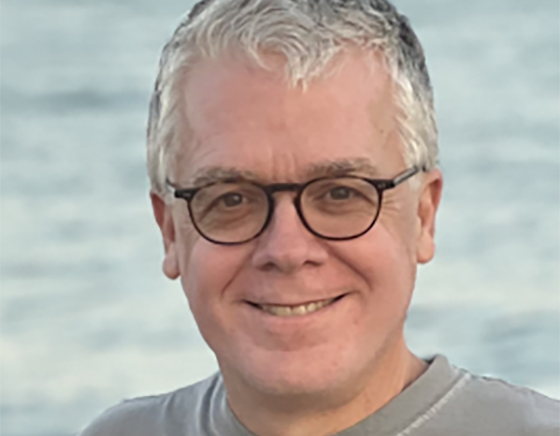
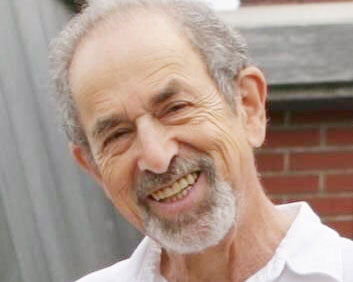
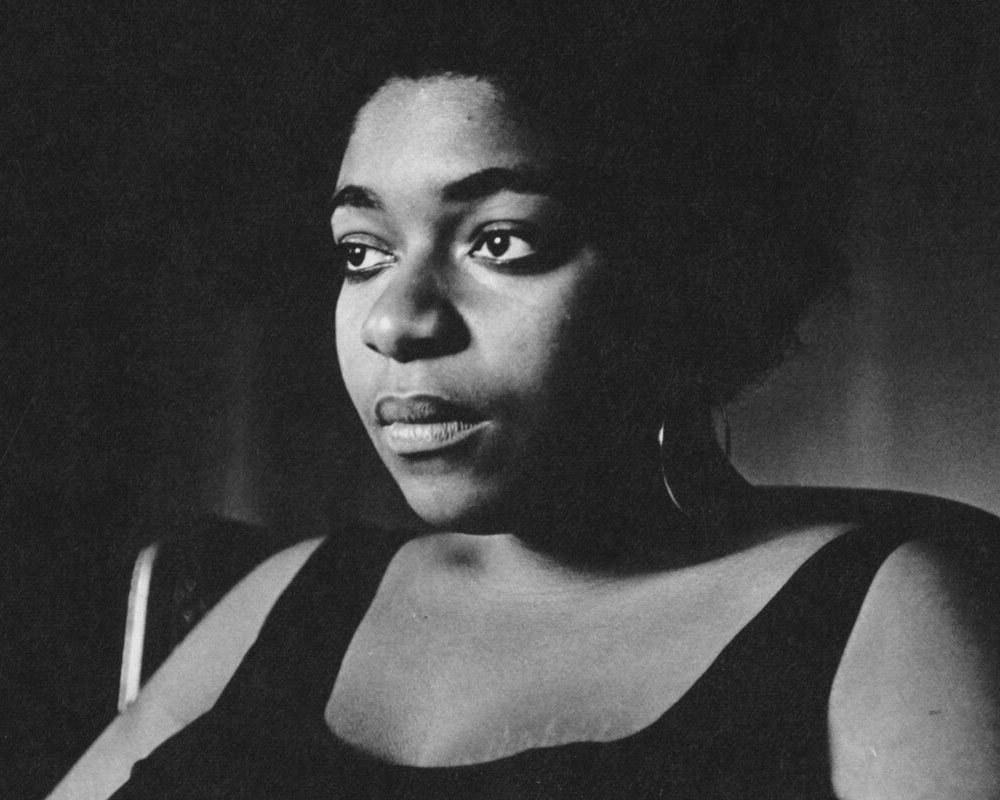


![Photo of Prof. Marvin Levich [philosophy 1953–94]](https://www.reed.edu/reed-magazine/in-memoriam/assets/images/2022/LTL-levich1.jpg)
![Photo of President Paul E. Bragdon [1971–88]](https://www.reed.edu/reed-magazine/in-memoriam/assets/images/2020/Bragdon.jpg)
![Photo of Prof. Edward Barton Segel [history 1973–2011]](https://www.reed.edu/reed-magazine/in-memoriam/assets/images/2020/Segel.jpg)








































































